Keynote
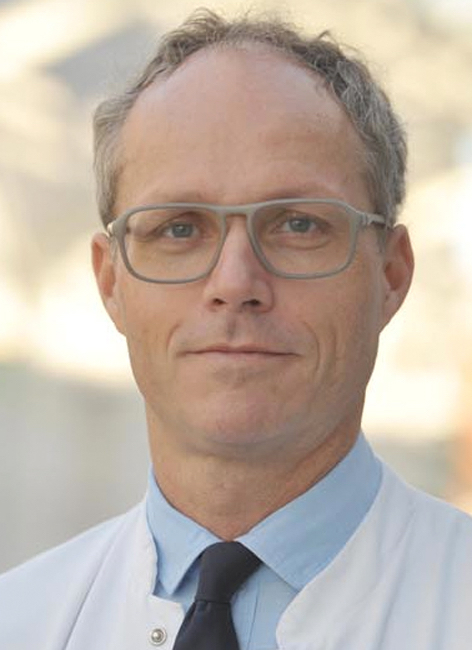 Professor Dr Clemens Schmitt, MD
Professor Dr Clemens Schmitt, MD
Clemens A Schmitt, MD, is a hematologist/oncologist, especially a lymphoma specialist, who directs the medical department of hematology/oncology at Kepler University, Linz, Austria, is co-affiliated as a principal investigator with the Charité – University Medical Center and the Max-Delbrück-Center for Molecular Medicine in Berlin, Germany, and has a long-standing record as a clinician scientist with a strong translational research background in lymphoma, cellular senescence and stem cell biology. His work, published in journals like Nature, Cell, Nature Medicine and Cancer Cell, includes landmark in vivo findings on oncogene-induced senescence as an anti-tumor barrier, therapy-induced senescence as a major contributor to long-term outcome, senescence-associated metabolic vulnerabilities and their targeting as a first demonstration of an effective “senolytic” therapy, the highly dynamic (and, hence, not necessarily irreversible) nature of senescence, and epigenetic stemness reprogramming as a particular critical feature of tumor cell senescence. Moreover, he serves as the principal investigator in numerous clinical trials, including a senescence- and functional mouse modeling-inspired multi-center 1st-line lymphoma trial that explores four different treatment modalities by obtaining re-biopsies acutely under and in the later course of therapy to determine molecular signatures of response, and seeks to mechanistically dissect patient responses to individual treatment components in flanking patient-derived xenograft models. Clemens Schmitt also coordinates several collaborative research projects and is a member of numerous scientific steering committees and advisory boards.
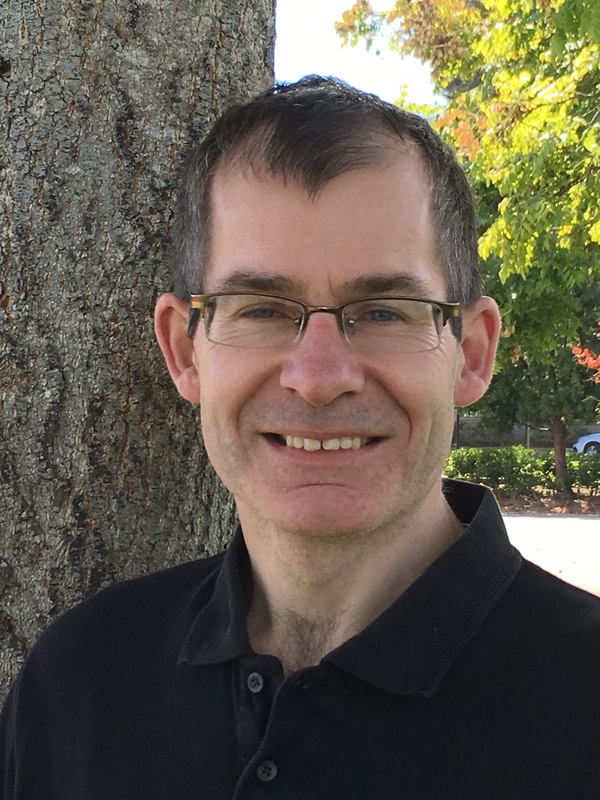
Dr Peter Adams has been Full Professor at Sanford Burnham Prebys Medical Discovery Institute since 2016. Adams' goal is to contribute to development of epigenetic-based interventions that promote healthy aging and suppression of disease, including cancer. Adams has made a number of significant discoveries in the area of epigenetics of aging and cancer. His lab coined the term “chromostasis” to describe the presumptive mechanisms that confer chromatin and phenotypic stability to achieve healthy aging; discovered “cytoplasmic chromatin fragments (CCF)” produced by senescent cells as pro-inflammatory signals; published the first DNA methylation clock in the mouse, from his studies of aging mouse liver. In 2016 Adams was awarded the Tenovus Scotland Medal, in 2017 a Glenn Award for Research in Biological Mechanisms of Aging, and in 2018 a Glenn/AFAR Breakthroughs in Gerontology Award, in recognition of his research achievements. Adams is co-Editor-in-Chief of the leading aging journal, Aging Cell.
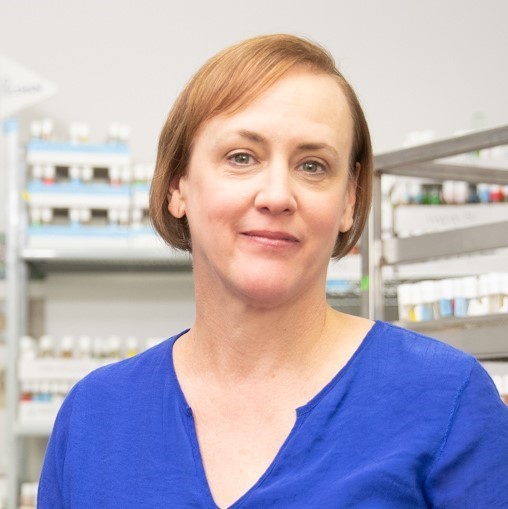 Julie Andersen, PhD
Julie Andersen, PhD
Julie Andersen received her PhD from the Department of Biological Chemistry, UCLA School of Medicine. She conducted her postdoctoral training in the Neurogenetics Unit at Massachusetts General Hospital East in the Department of Neurology at the Harvard Medical School. She joined the School of Gerontology at the University of Southern California in 1992 as Assistant Professor where she held the Paul F Glenn Chair in Molecular and Cellular Gerontology. She was promoted to Associate Professor at USC in 1999. In 2000, she joined the Buck Institute where she was promoted in 2005 to the position of Full Professor. Dr Andersen has received numerous awards including a Brookdale National Fellowship, a Glenn Award for Research in Biological Mechanisms in Aging, a Senior Ellison Scholarship, and an Award from the XIX World Congress of Parkinson’s disease (PD). She was elected a fellow of the Society for Free Radical Biology and Medicine in 2013 and received a Parkinson’s Pioneer Award from the National Parkinson’s Foundation in 2015. She serves on several national and international advisory boards and grant reviewing committees and as an editor for several journals in the field. The Andersen Lab concentrates on understanding the underlying age-related processes driving neurodegenerative diseases such as PD. I n collaboration with Dr Campisi, the laboratory has recently demonstrated a here-to-fore unrecognized and important role for a well-known aging process known as cellular senescence in PD-associated neurodegeneration. Current work in the laboratory is towards understanding the precise mechanisms driving this process in the diseased brain towards the identification of novel therapeutics.
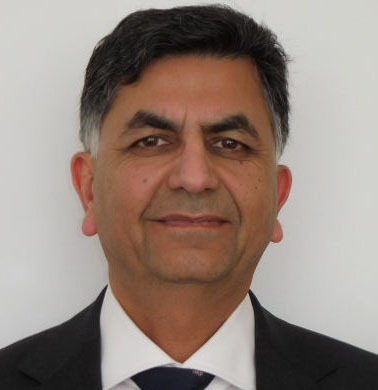 Shalender Bhasin, MB, BS
Shalender Bhasin, MB, BS
Dr Shalender Bhasin is a Professor of Medicine at the Harvard Medical School, and Director of the Research Program for Men’s Health and Aging at the Brigham and Women’s Hospital in Boston, MA. He is also the Director of the Boston Claude D Pepper Aging Research Center.
Dr Bhasin is one of the foremost experts in Men’s Health and aging. He has published more than 300 original research papers in top tier journals, such as the New England Journal of Medicine, JAMA, and the Proceedings of the National Academy of Sciences. He has published some of the important randomized trials of function promoting therapies for sarcopenia and functional limitations in older adults. Dr Bhasin has led the Sarcopenia Definition and Outcomes Consortium along with Dr Peggy Cawthon for the past 6 years.
Dr Bhasin has been the recipient of numerous teaching and research awards throughout his career. He has served as Chair of the American Board of Internal Medicine, Endocrinology and Metabolism Subspecialty Board, Chair of the Endocrine Society’s testosterone Guidelines, and as Associate Editor for the Journal of Clinical Endocrinology and Metabolism. The Endocrine Society recognized him with the Outstanding Clinical Investigator Award.
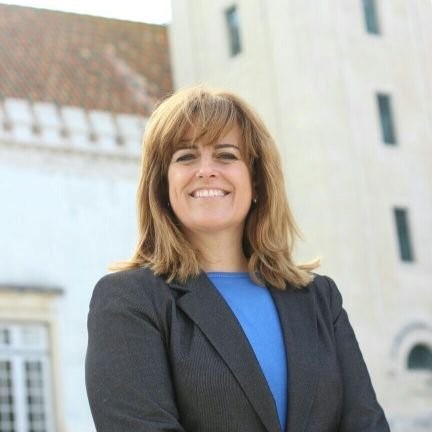 Claudia Cavadas, PhD
Claudia Cavadas, PhD
Cláudia Cavadas coordinates the Research Group of Aging and Neuroendocrinology at the Center for Neurosciences and Cell Biology (CNC) at the University of Coimbra (Portugal) and is co-author of around 70 publications in international peer-reviewed journals. CC is Professor at the Faculty of Pharmacy of the University of Coimbra and was the elected President of the Portuguese Society of Pharmacology. Since March 2019, Cláudia Cavadas is Vice-Rector, for Research, of the University of Coimbra and Director of the Institute for Interdisciplinary Research.
Eduardo Chini received his MD and PhD from the federal university of Rio de Janeiro in Brazil, and did a fellowship in basic research and residency in Anesthesiology at the Mayo Clinic in Rochester. Dr Chini's activities at the Mayo Clinic include clinical and academic, and administrative duties. He dedicates 50% of his time to patient care and 50% to research and his academic and administrative activities.
Key awards include the Mayo Clinic Kendall award, the Duane K Rorie, the Richard A Theye award and the Glenn/AFAR BIG Award from the American Federation of Aging Research. Additionally, Eduardo has demonstrated an extraordinary funding history of ~$5 million in direct costs since joining the Mayo Clinic staff in 2001 (including support from the NIH and industry such as GSK, Pfizer, SIRTIS and Calico). His service has also been exceptional and is well documented in his nomination materials and includes extensive service as a member of NIH study sections and as a reviewer for multiple journals, and as one of the leaders on the Center of Biomedical discovery at the Mayo Clinic. Very impressive is the fact that Dr Chini is one of the first non-GI specialists at Mayo Clinic to serve as a member of the Hepatobiliary Pathophysiology Study Section, National Institute of Diabetes and Digestive and Kidney Diseases. He is a member of Association of University Anesthesiologists; has served at the American Federation of Aging Research; is a member of the Minnesota Nutrition and Obesity Center and of nine different centers at the Mayo Clinic.
However, this catalogue of achievements does not capture the full measure of their impact. Dr Chini’s scientific achievements are vast and include the discovery of a new intracellular second messenger. Furthermore, during his initial years as an independent investigator while working with NAD derived second messengers Dr Chini made yet another seminal discovery. In the early 2000’s Dr Chini demonstrated that the enzyme CD38 was the main NAD degrading enzyme in mammalian tissues. NAD is a nucleotide that plays a major role as electron acceptor in multiple biological reactions and also as a signaling molecule in several pathways. This discovery is perhaps his main contribution to science and has been extensively cited in the literature and lead to impressive funding and collaborations with several pharmaceutical companies including Pfizer, Sirtris, GSK and most recently the sister Google company Calico.
The impact of these discoveries has been enormous and Dr Chini has authored over a 100 original publications, opinions and reviews in journals including PNAS, Cell Metabolism, Nature, Science, JBC, JCB, and JASN. His original publications have received a large number of citations.
Dr Chini’s work in NAD metabolism further expands to cancer biology and his laboratory was one of the first ones at the Mayo clinic to approach cancer via metabolic pathways. In particular, Dr Chini championed studies in NAD metabolism in pancreatic cancer that led him to be one of the project leaders in the Mayo Clinic Pancreatic Cancer SPORE. This work may lead to novel and effective metabolic base therapies for this devastating disease. In addition, Dr Chini is an active member of the Mayo clinic Cancer Center and of C-Sig Gi center at Mayo.
Thus, Dr Chini’s laboratory presents a depth and productivity of his research program that make him one of the world experts in NAD metabolism in multiple pathological and physiological conditions including the aging process.
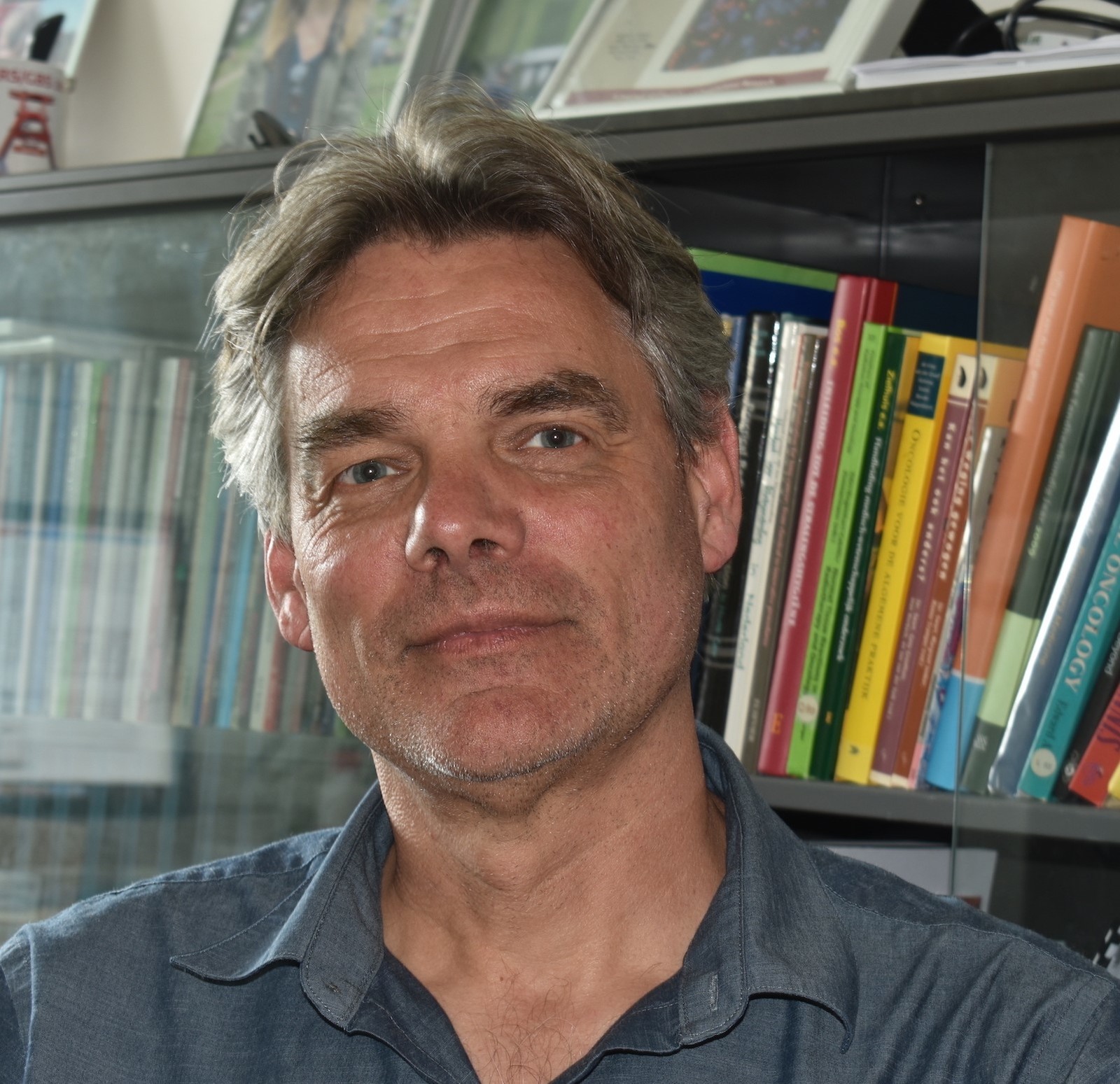 Rob Coppes, PhD
Rob Coppes, PhD
Since 2012 Rob Coppes has been Professor of Radiotherapy, with a focus on the side-effect of radiotherapy on normal tissues at the University Medical Center Groningen, The Netherlands. He obtained a PhD in Molecular Pharmacology, in 1993. He participates in the Groningen Proton Therapy Project with the KVI-Center for Advanced Radiation Technology on the effects of proton and carbon beams on normal tissues. Next to this, his group investigates the potential of stem cell therapy to ameliorate radiation induced normal tissue side effects. Since then his lab has developed models to study mice, rat and human salivary gland, thyroid gland, brain and oesophagus stem/progenitor cells. Currently, his group is investigating the role of radiation-induced cellular senescence in the development and potential treatment of normal tissue side effects. For this his group uses in vivo models as well as adult stem cells derived tissue resembling organoids to study radiation-induced normal tissue effects.
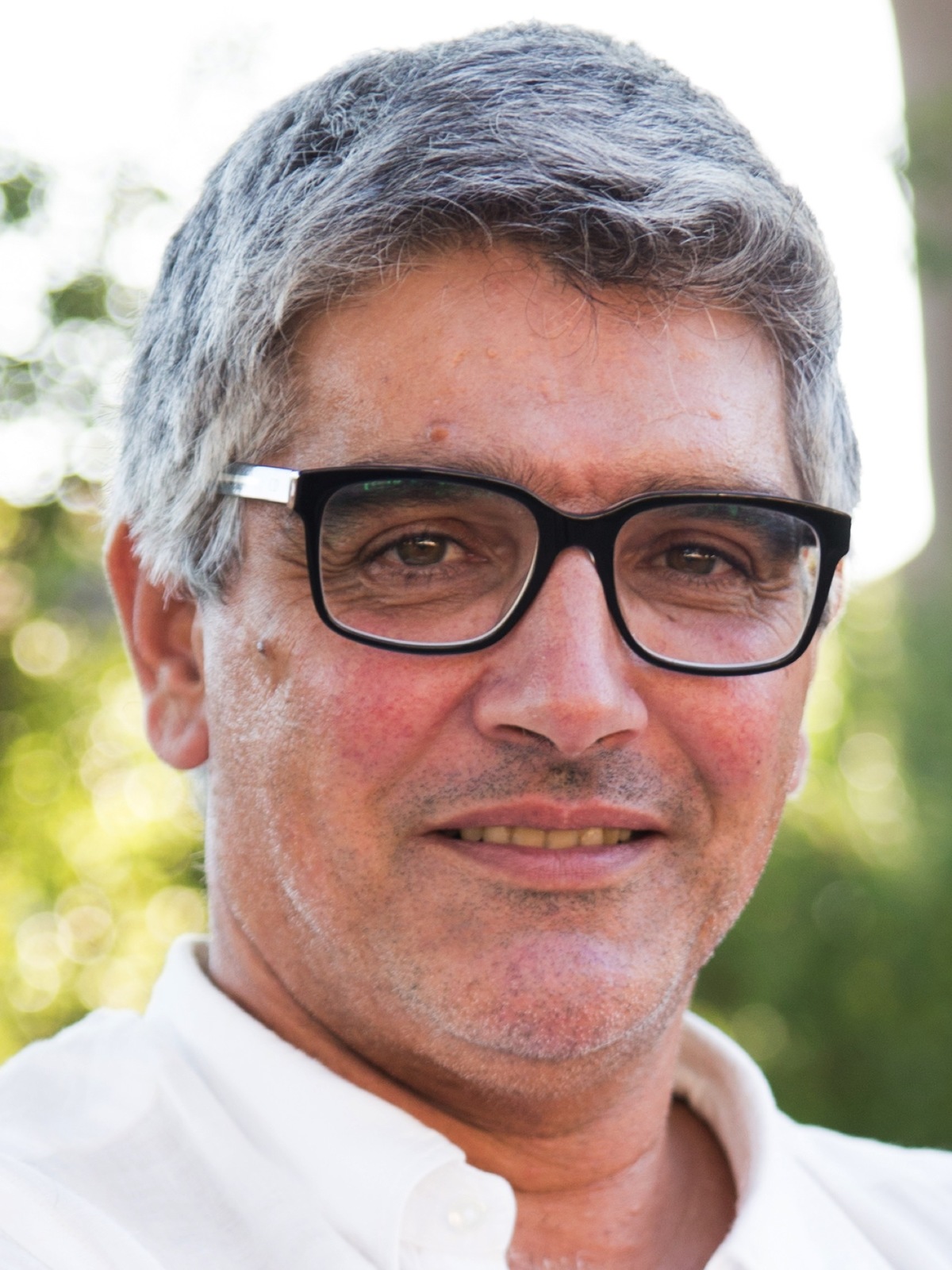 Rodrigo Cunha PhD
Rodrigo Cunha PhD
Rodrigo Cunha is a Professor at the Faculty of Medicine where he heads the Institute of Biochemistry and Principal Investigator at the Center for Neuroscience and Cell Biology of the University of Coimbra (CNC). He is part of the Steering Committee of the European Neuroscience Campus, the National representative of the Network of European Neuroscience Institutes and a scientific consultant of the Institute for Scientific Information on Coffee (ISIC). He heads the group ‘Purines at CNC’, focusing on caffeine neuroprotection and purinergic modulation; his group is constituted by 6 resident PhD researchers, 5 post-docs and 8 PhD students. He has published over 240 papers with an h factor of 61. He has trained over 30 PhD students and 15 post-doctoral fellows and attracted funds from American and European agencies and private companies.
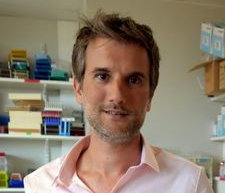 Cédric Dray, PhD
Cédric Dray, PhD
Dr Cédric Dray is an associate professor at Paul Sabatier Toulouse III University (France). He is also the co-leader of an INSERM (I2MC, Metabolic and Cardiovascular diseases Intitute) research team in Toulouse (France). Dr Dray obtained his position in 2010 after achieving a postdoctoral fellowship at Weill Cornell Universty in New-York (USA) where he investigated the role of the E2F1 protein on the metabolic switch observed in lung cancer cells. In 2009, Dr Dray obtained a PhD in Pharmacology and described the potential involvement of apelin in the field of obesity-related metabolic diseases such as diabetes.
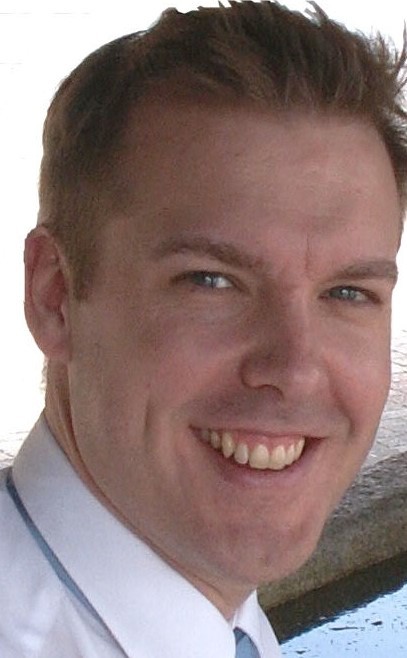 David Gunn, B.Sc. (Hons), D.Phil
David Gunn, B.Sc. (Hons), D.Phil
After gaining a PhD in genetics, Dr Gunn carried out postdoctoral research at Newcastle University investigating the genetic determinants of left-right asymmetry diseases in human patients. In 2000, he joined Unilever Research and Development in the UK, focusing on genomic investigations into the mechanisms of skin ageing. More recently, he has been leading large international research projects with various Universities investigating skin health and facial ageing. As well as publishing work in many scientific journals, Dr Gunn’s research has been of particular interest to the layperson leading to coverage by TV and radio news channels, digital media and at international conferences. Working at the interface between basic scientific research and translational science, Dr Gunn’s work focuses on how biological insights can be translated into benefits for the general public and for the Unilever business.
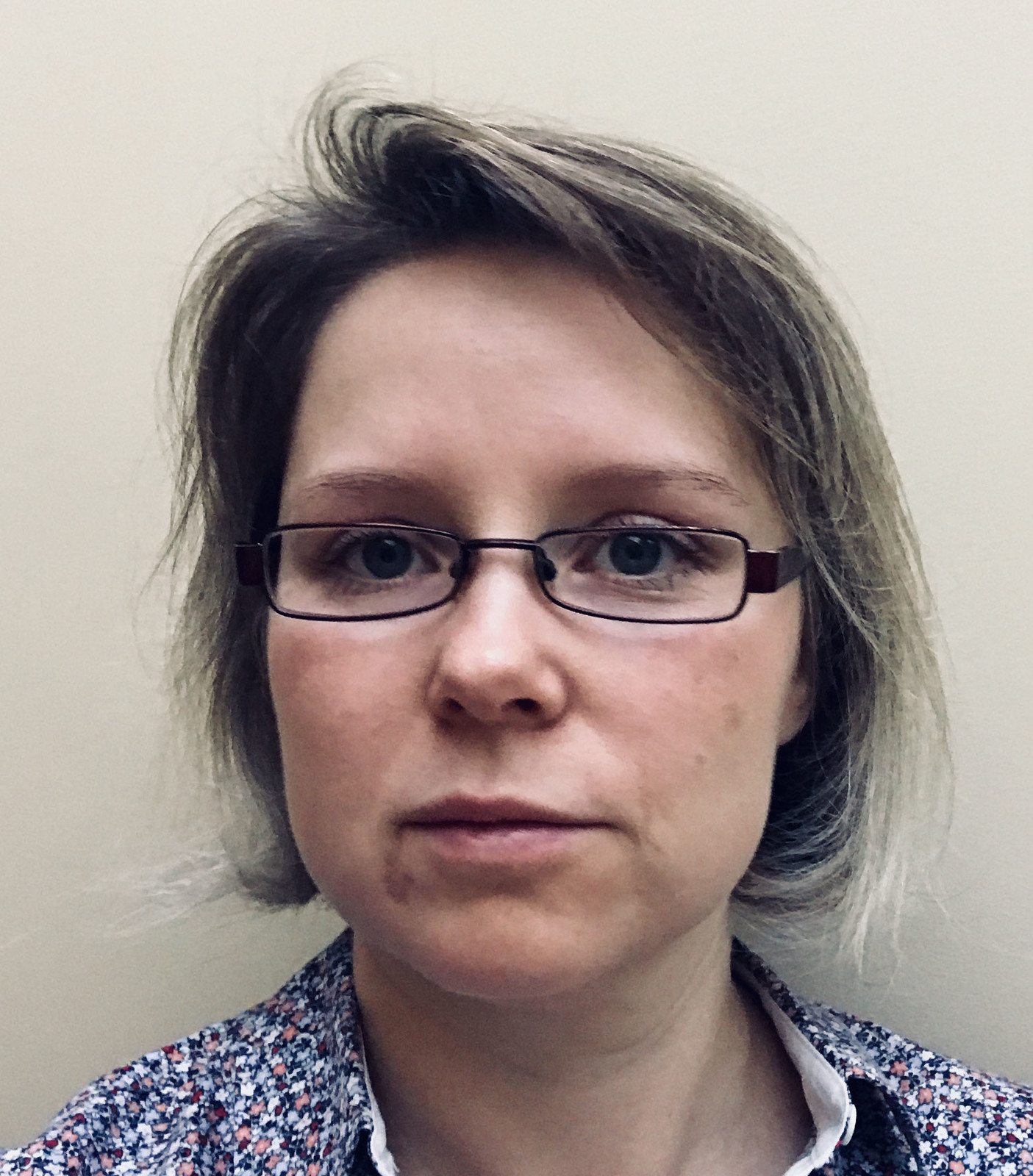 Diana Jurk, PhD
Diana Jurk, PhD
Dr Diana Jurk is originally from Germany where she graduated with a degree in Natural Sciences from the University of Freiberg in 2004. Following her degree, she conducted biomedical research at Bayer (one of the largest German multinational pharmaceutical companies), first in Wuppertal and then in Leverkusen (where she was awarded a Master’s degree).
Having decided to move to academia, Dr Jurk was first a research assistant at the Uniklinik in Freiburg, Germany (2005-2007) and then conducted her PhD studies at Newcastle University in the UK and the Max Planck Institute for Stem Cell Ageing in Ulm, Germany (2007-2012), in the area of liver senescence and inflammation. Following her PhD, Dr Jurk did a post-doc in the lab of Prof Thomas von Zglinicki at Newcastle University on the subject of senescence and neurodegeneration.
In 2015, Dr Jurk was awarded a Newcastle University Faculty Fellowship and in 2018 the prestigious springboard award from The Academy of Medical Sciences which allowed her to direct an independent research program. In 2018 she moved her research team to Mayo Clinic, Rochester and was appointed Assistant Professor of Physiology.
Diana’s work has led to new insights into the mechanisms driving the process of cellular senescence in the context of liver disease and neurodegeneration. Her work, published in Nature Communications, has demonstrated a key role for senescence in non-alcoholic fatty liver disease. More recently, her team published in Cell Metabolism the first evidence for the involvement of senescence in neuropsychiatric diseases driven by obesity.
Selected publications:
M Ogrodnik, S Miwa, T Tchkonia, D Tiniakos, Albert Lahat, C Day, A Burt, A Palmer, QM Anstee, S Grellscheid, JL Kirkland, JF Passos, T von Zglinicki and D Jurk Cellular senescence drives age-dependent hepatic steatosis Nature Commun (2017) 8:15691.
M Ogrodnik, Y Zhu, L Prata, T Tchkonia, P Krüger, E Fielder (…) Kirkland JL, & Jurk D: Obesity-Induced Cellular Senescence Drives Anxiety And Impairs Neurogenesis Cell Metabolism (2019). doi: 10.1016/j.cmet.2018.12.008.
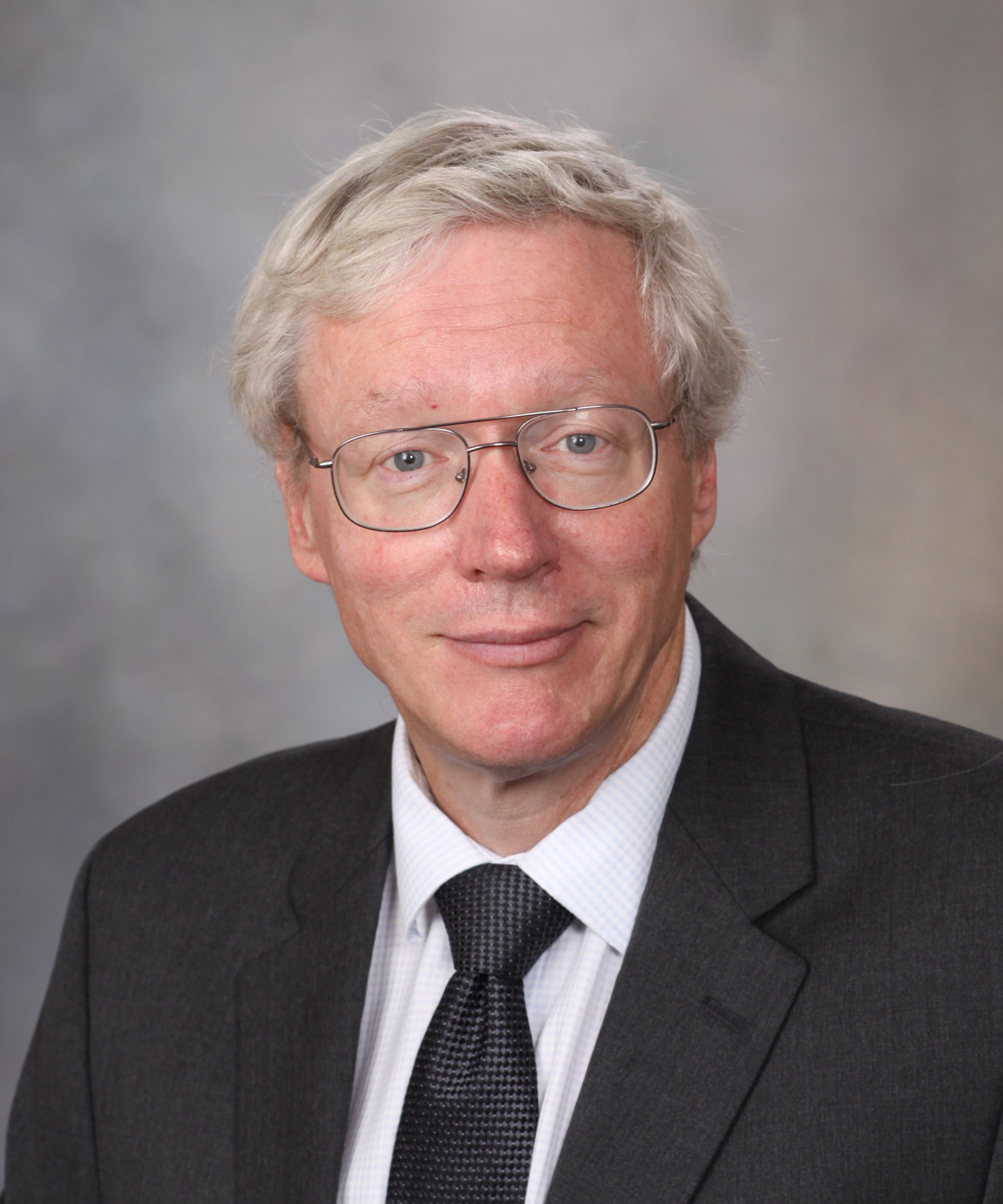
James L Kirkland, MD, PhD, is Director of the Robert and Arlene Kogod Center on Aging at Mayo Clinic and Noaber Foundation Professor of Aging Research. Dr Kirkland’s research is on cellular senescence, age-related adipose tissue and metabolic dysfunction, and development of agents and strategies for targeting fundamental aging mechanisms to treat age-related chronic diseases and disabilities. He published the first article about agents that clear senescent cells - senolytic drugs. He is a scientific advisory board member for several companies and academic organizations. He is President-Elect of the American Federation for Aging Research, a past member of the National Advisory Council on Aging of the National Institutes of Health, and past chair of the Biological Sciences Section of the Gerontological Society of America. He holds honorary appointments at Boston University and the University of Groningen in the Netherlands. He is a board-certified specialist in internal medicine, geriatrics, and endocrinology and metabolism.
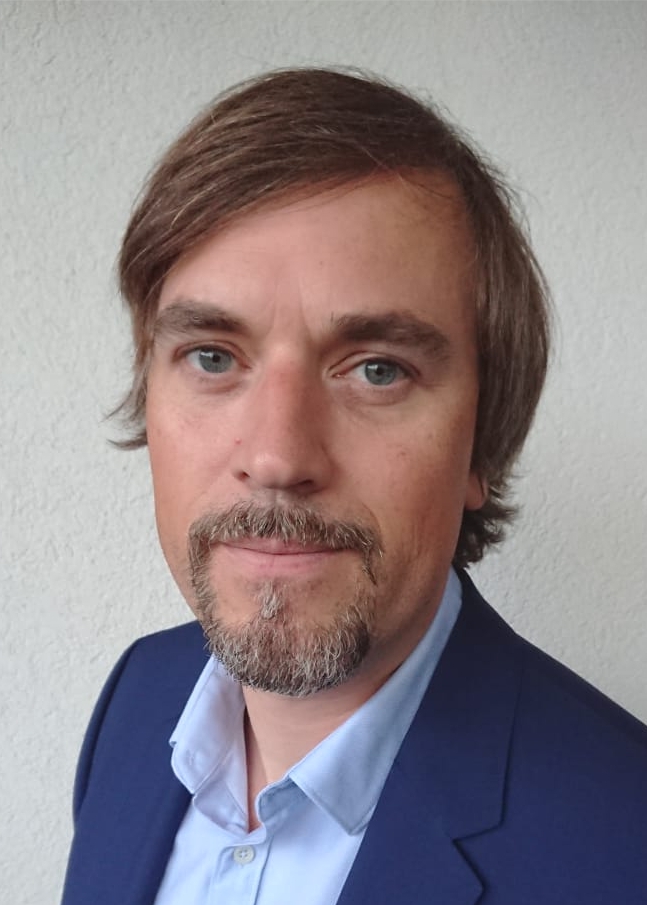 Ingo Lämmermann, PhD
Ingo Lämmermann, PhD
Ingo Lämmermann received his PhD in 2017 from the University of Natural Resources and Life Sciences, Vienna, Austria and is currently employed as a post-doc scientist in the laboratory of Professor Johannes Grillari at the Department of Biotechnology. He is also a member of the Christian Doppler Laboratory for the Biotechnology of Skin Aging. During his PhD, he discovered a plant extract from Solidago virgaurea with the ability to rejuvenate human skin cells and block the negative influence of senescent cells on neighboring cells.
His current work focuses on the development of senolytic therapies based on the inhibition of arachidonic acid converting enzymes.
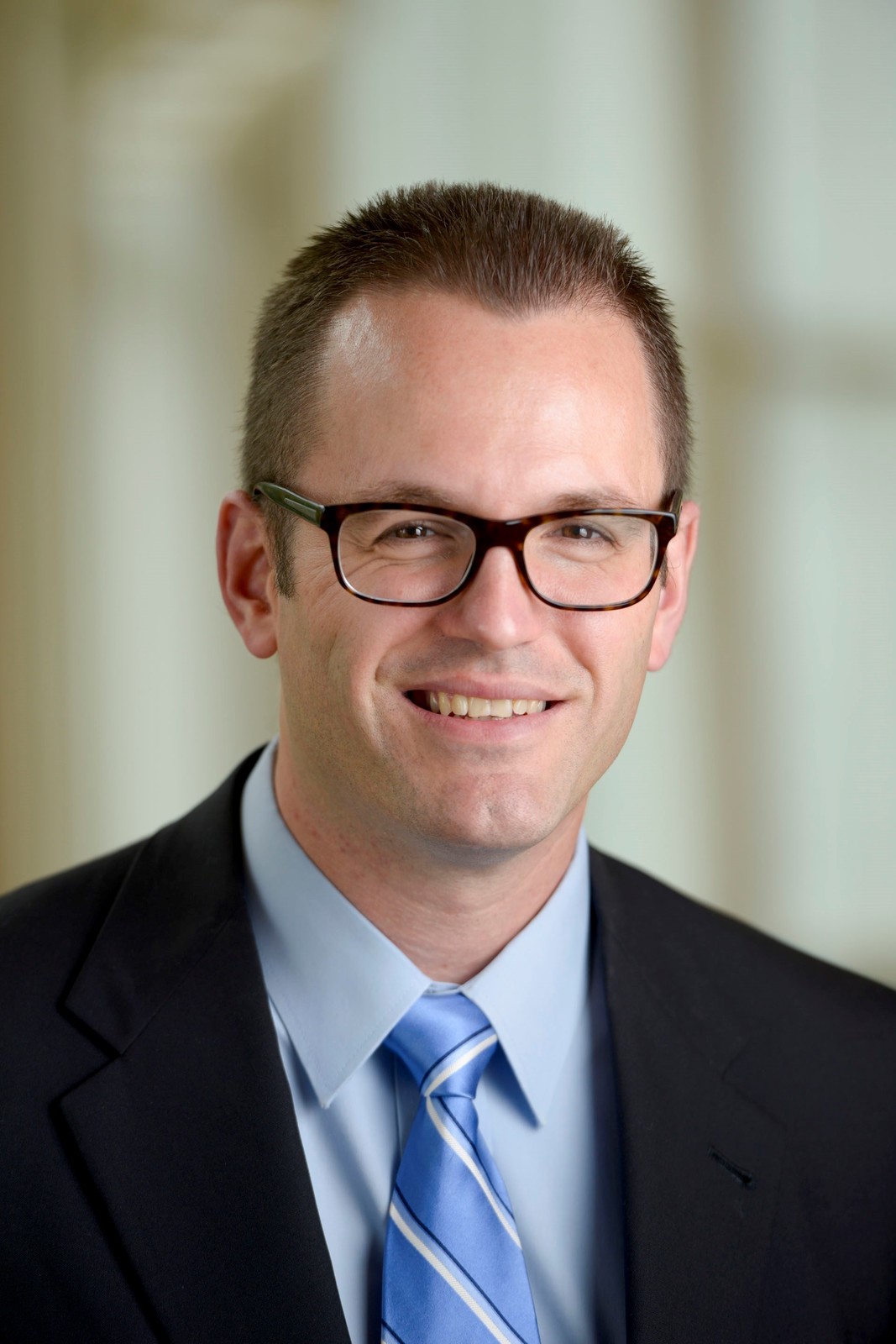 Jordan Miller, PhD
Jordan Miller, PhD
Dr Miller is a researcher at Mayo Clinic and leads the Cardiovascular Disease and Aging Laboratory. His main research focus to understand the mechanisms contributing to aortic valve and atherosclerotic plaque calcification, identify reciprocal regulators of skeletal and cardiovascular calcification, and to understand the mechanisms contributing to vasomotor dysfunction in health and disease. He and his team are working to develop novel treatments that will slow progression of heart valve dysfunction and delay or prevent the need for surgery, and recently led a landmark Phase II clinical trial demonstrating effective slowing of valve disease in patients with aortic valve stenosis.
Through the use of molecular screening on human tissue, novel strains of genetically modified mice, and in vitro/cell culture methods, Dr Miller's research aims to develop novel therapies for the treatment of cardiovascular disease and age-related pathologies.
By leveraging high-throughput screening of human tissue, in vitro model systems, and in vivo animal models, Dr Miller has identified key roles for nitric oxide signalling, histone acetylation, and DNA methylation in the pathogenesis of human disease, and currently directs one of the only Phase II clinical trials in the United States aimed at testing novel therapeutics to slow progression of aortic valve stenosis.
Dr Miller is internationally recognized for his efforts to shape translational science strategies and regulatory approval pathways related to heart valve disease.
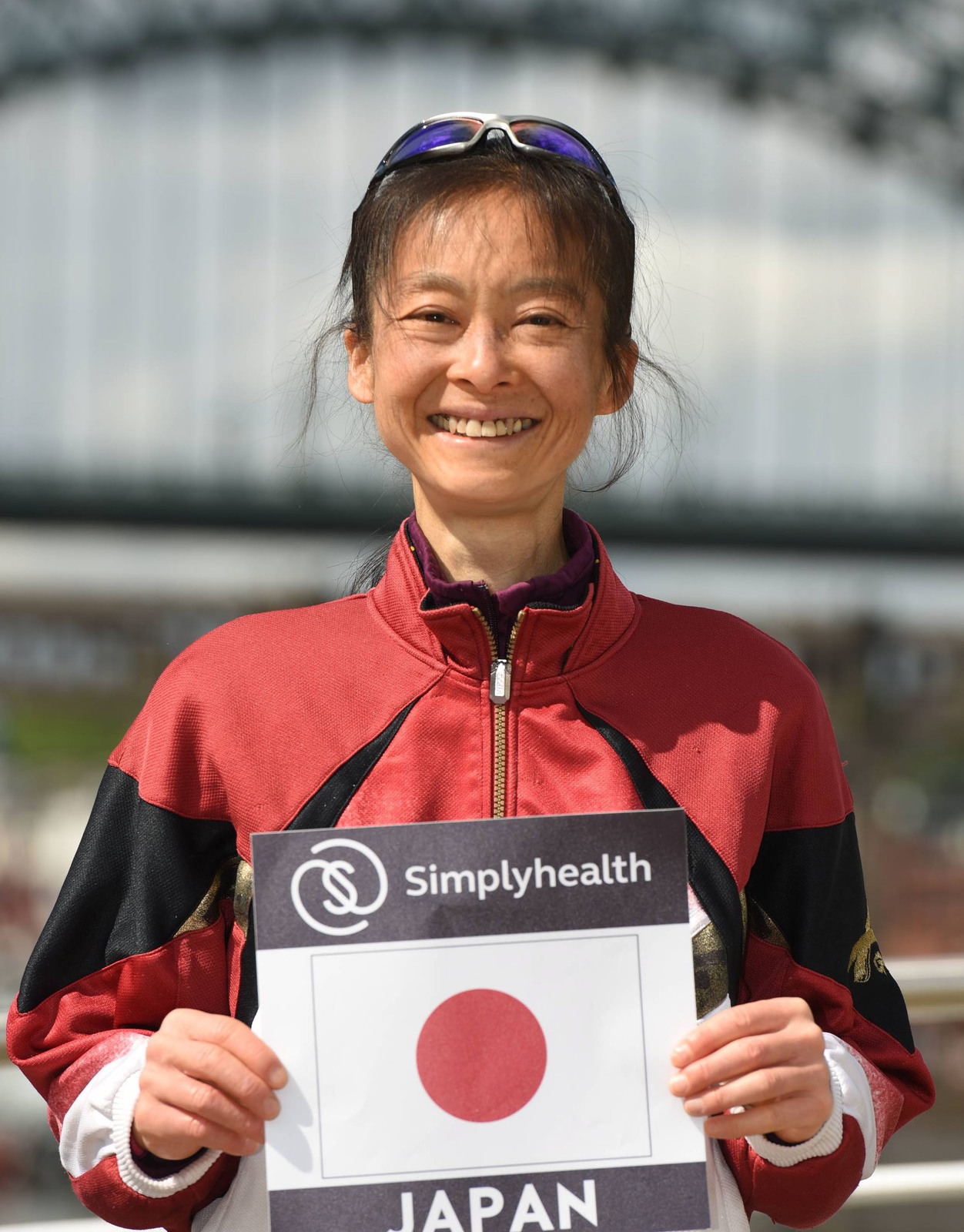 Satomi Miwa, PhD
Satomi Miwa, PhD
Dr Satomi Miwa trained in exercise physiology and biochemistry at the Universities of Glasgow and Cambridge respectively, and has a strong expertise on mitochondrial function and cellular bioenergetics, especially in the area of ageing and diseases. Over the last several years, she has made critical contributions to Newcastle’s ageing research on cellular senescence and mitochondrial dysfunction. She has also played the main role in establishing and managing a core facility for Newcastle University for cellular metabolic studies (mainly using Seahorse XF analyzers) and has been collaborating with several research groups in the University and beyond. Her current research interests include mechanisms of mitochondrial functional alterations with age and pathologic conditions, and anti-ageing interventions related to mitochondrial function and metabolism.
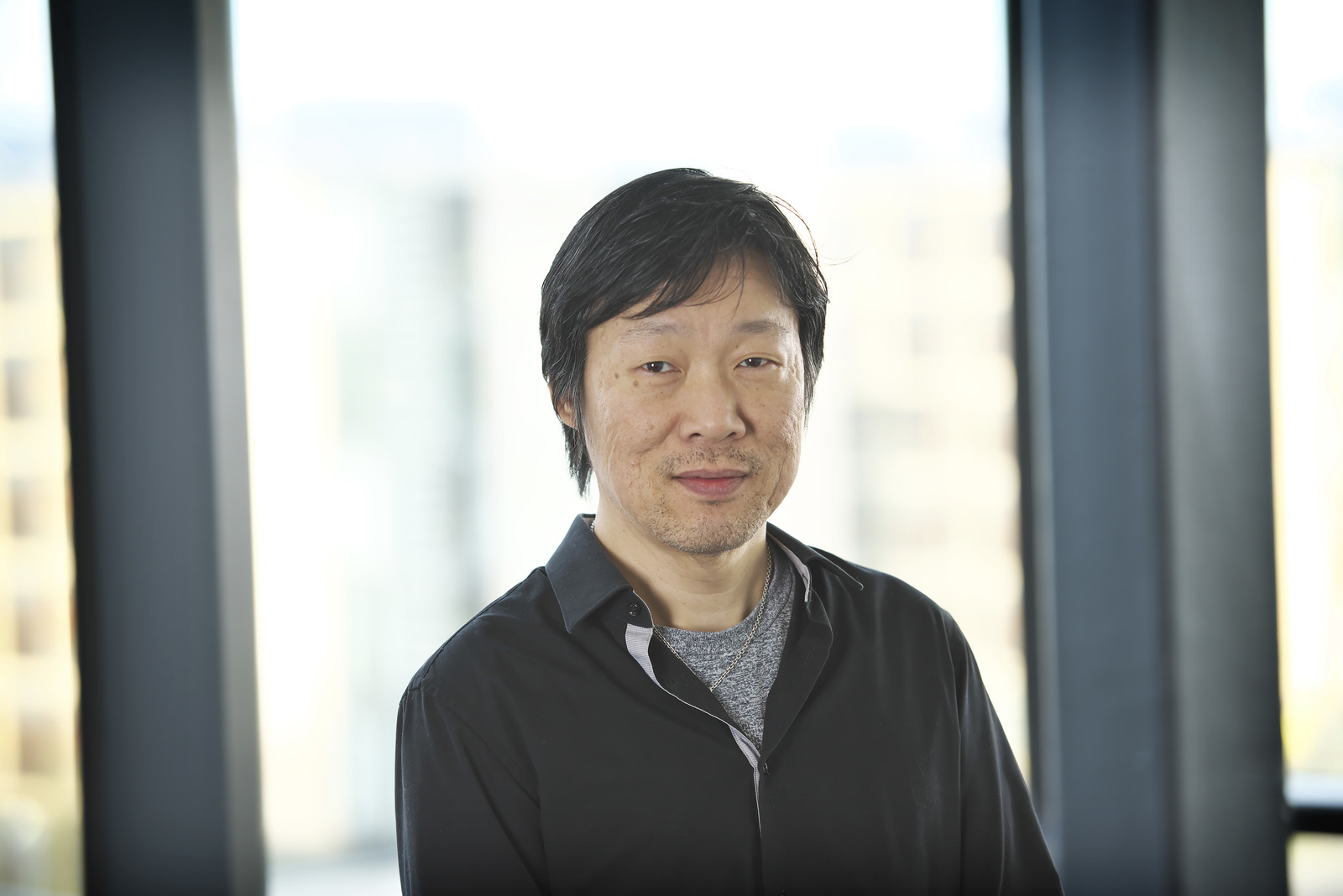 Masashi Narita, MD, PhD
Masashi Narita, MD, PhD
Masashi Narita is a group leader at Cancer Research UK Cambridge Institute (CRUK-CI), University of Cambridge. He obtained his MD in 1992 and PhD in 2000 at Osaka University in Japan. He then moved to the Cold Spring Harbor laboratory as a postdoc. In 2006, he joined CRUK-CI as a Junior Group Leader and has been a Senior Group Leader since 2013. In 2018, he was promoted to Director of Research (DoR) at the University of Cambridge. Currently his group studies the diverse effector programs of cellular senescence, with particular emphasis on chromatin architecture and autophagy, to understand how senescence modulates tumorigenesis and ageing.
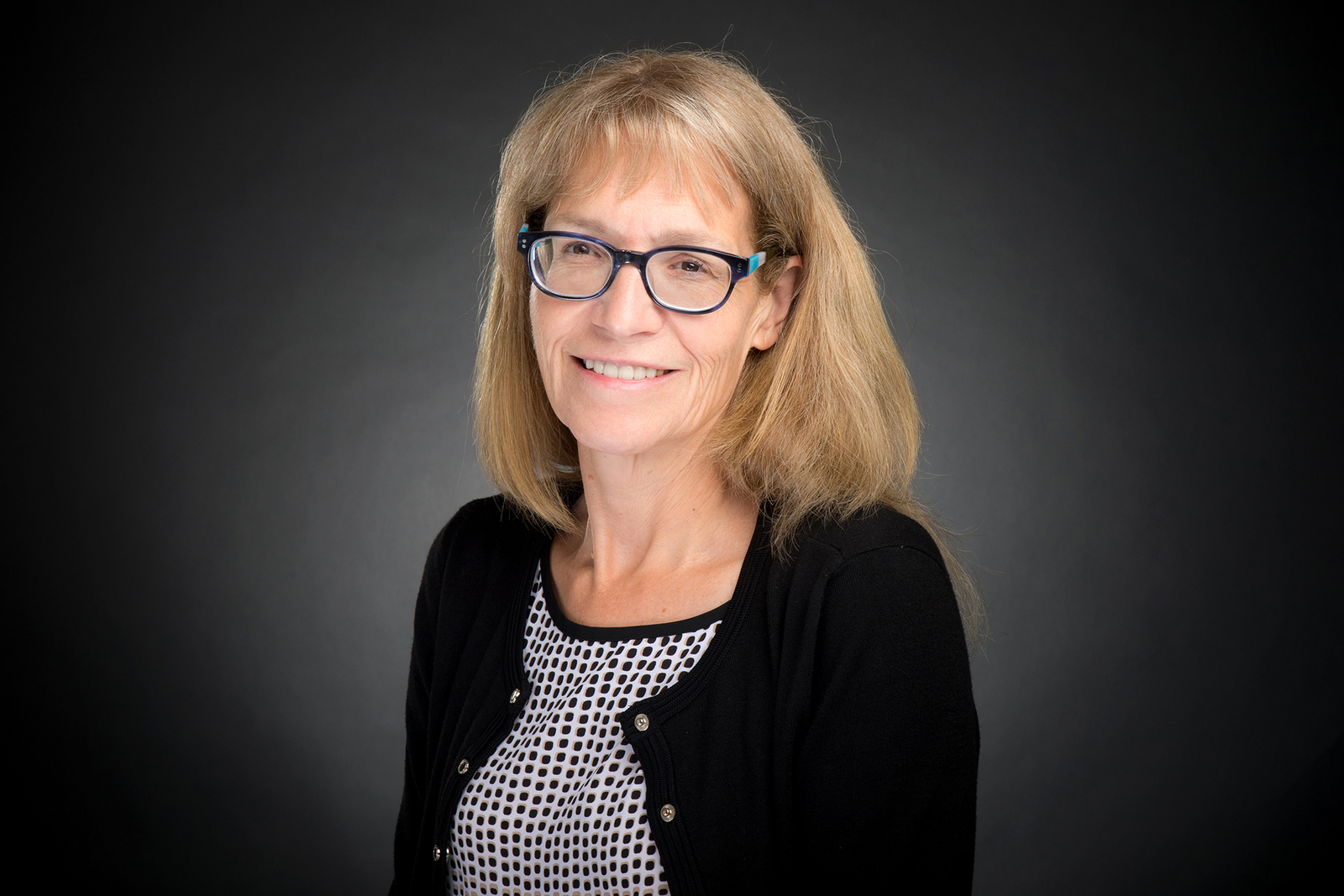 Kirsten Ness, PT PhD, FAPTA
Kirsten Ness, PT PhD, FAPTA
Dr Kirsten Ness is a physical therapist and clinical epidemiologist. Her research is focused on recognizing, describing, and remediating functional limitations in childhood cancer survivors. This includes determining the extent to which the disease and/or its treatment have left them with organ system deficits that immediately or eventually interfere with their abilities to participate in normal movement, and thus restrict participation in school, work, leisure time, physical activity, and sport. She uses epidemiological, clinical, and laboratory approaches to evaluate and describe physical performance, fitness, and physiologic reserve. This work has allowed her to identify potential biological mechanisms responsible for the impairments that result in functional loss. Data from epidemiologic and clinical investigations have allowed her to understand the specific physical limitations and fitness deficits experienced by children during cancer therapy and by childhood cancer survivors, to identify those most at risk for developing limitations, and to develop interventions designed to prevent physical disability or restore physical health. Her recent work with computational biology and laboratory investigators has resulted in initial documentation of the biological processes potentially responsible for the loss of physiologic reserve (frailty) in childhood cancer survivors. She is the PI of the St Jude Human Performance Laboratory where she collaborates with other investigators who are also interested in physiological impairments and problems with movement and physical function. She is a member of the Childhood Cancer Survivor Study (CCSS) Steering, Executive and Publications Committees, the Children’s Oncology Group Survivorship and Outcomes Steering Committee and the Oncology Section of the American Physical Therapy Association Research Committee. She serves on the Editorial Boards of the Journal of Pediatric Blood and Cancer, Physical Therapy, Pediatric Physical Therapy and Oncology Rehabilitation. She is a standing member of the Clinical Management of Patients in Community-Based Settings Study Section for the National Institutes of Health (NIH), and has served as an ad hoc member of Several Special Emphasis Panels for the NIH and other granting agencies. At St Jude, she is the co-chair of both the Epidemiology and Biostatistics and Global Working Groups for the Cancer Prevention and Control Program, serves as the faculty representative to the Federal Demonstration Partnership, and is a member of the Clinical Trials Scientific Review Committee (CTSRC) and the CTSRC Behavioral and Psychosocial Sub-committee. In the department of Epidemiology and Cancer Control, she manages all of the data requests for the St Jude Lifetime Cohort data and supervises the work flow of the analytic team.
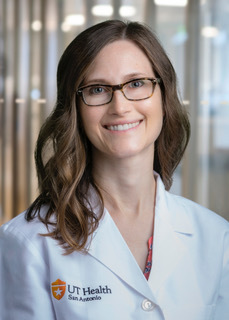 Miranda Orr, PhD
Miranda Orr, PhD
Dr Miranda Orr is an Assistant Professor in the Department of Internal Medicine, Section on Gerontology and Geriatric Medicine at Wake Forest School of Medicine. She received her PhD in 2012 from Montana State University and completed postdoctoral training at the Barshop Institute, UT Health San Antonio. Dr Orr is a translational scientist in the fields of neuroscience and biology of aging. A primary goal of her research is to understand processes driving neurodegeneration and cognitive impairment during the prodromal period associated with Alzheimer’s disease and related dementias. Her work relies heavily on the use of postmortem human brain tissue and transgenic mouse models to inform on mechanisms mediating neurodegeneration and cognitive impairment. Using this strategy, her work was the first to identify a role of cellular senescence in neurodegenerative diseases, including Alzheimer’s disease and progressive supranuclear palsy. Her on-going research focuses on understanding the link between neuronal tau accumulation and cellular senescence, and the use of senolytics to treat Alzheimer’s disease and related dementias.
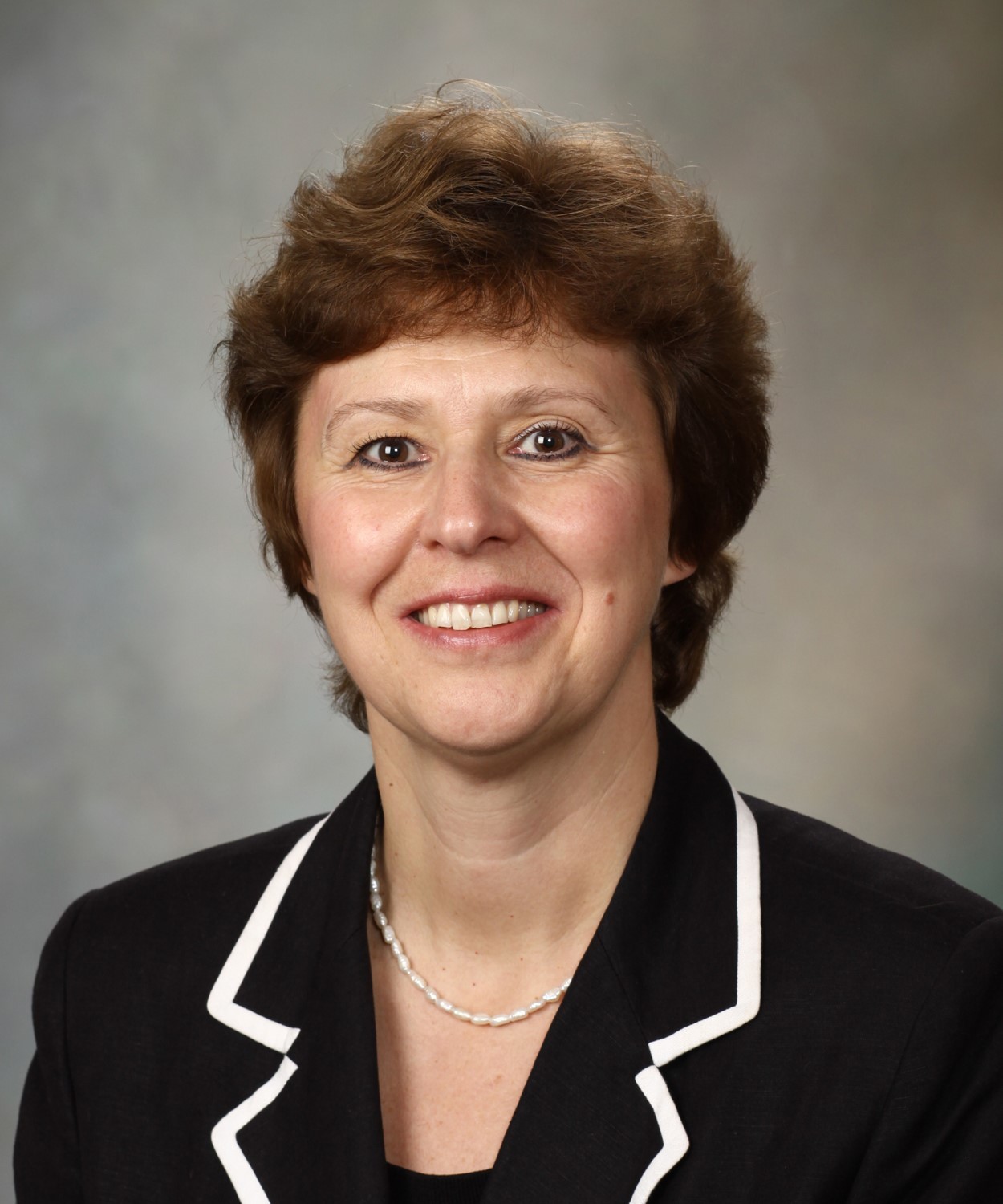 Inna Ovsyannikova, PhD
Inna Ovsyannikova, PhD
Dr Ovsyannikova, Professor of Medicine, is the Director of Laboratory-based studies for the Mayo Clinic Vaccine Research Group in Rochester, MN, USA. She has published over 200 scientific manuscripts and 15 books/book chapters. She has participated in more than 170 scientific exhibits and presentations at national and international societies.
Dr Ovsyanikova’s goal is contribute to a comprehensive, systems-level understanding of how age affects innate and adaptive immunity, particularly in regard to influenza vaccine response. Currently, Dr Ovsyannikova is investigating the age-related changes and defects in the regulation and function of immune responses to influenza virus in elderly persons.
Dr Ovsyannikova’s research areas of interest also include: 1) studies of the genetics of innate and adaptive immune responses to viral and bacterial vaccines, including influenza, measles, mumps, rubella, vaccinia, and anthrax; 2) areas of vaccine-preventable infectious diseases, particularly the application of mass spectrometry used to develop peptide-based vaccines against influenza, smallpox, measles, Zika and agents of bioterrorism; 3) gene polymorphisms, immunosenescence markers and predictors of vaccine immune response, including adverse events, viral antigen processing and presentation; 4) systems biology high-dimensional studies utilizing platforms such as gene expression microarrays, DNA methylation arrays and next generation sequencing (mRNA-Seq, miRNA-Seq, and single-cell mRNA-Seq).
 Paul Robbins, PhD
Paul Robbins, PhD
Paul D Robbins, PhD, is the Associate Director of the Medical Discovery Team on Aging and the Institute on the Biology of Aging and Metabolism (iBAM) and Professor of Biochemistry, Molecular Biology and Biophysics at the University of Minnesota Medical School. Before moving to the University of Minnesota, Dr Robbins was a Professor of Molecular Medicine at The Scripps Research Institute (TSRI) in Jupiter, Florida and Director of the TSRI Center on Aging. Previously he was a Professor of Microbiology and Molecular Genetics, Director of Basic Research for the Molecular Medicine Institute and Co-Director of the Paul Wellstone Cooperative Muscular Research Center at the University of Pittsburgh School of Medicine as well as Interim Director of Molecular & Cellular Oncology at the University of Pittsburgh Cancer Institute. He received his BA from Haverford College, his PhD from the University of California at Berkeley and worked as a post-doctoral fellow in the laboratory of Dr Richard Mulligan at the Whitehead Institute for Biomedical Research at MIT. He has co-authored over 340 peer-reviewed manuscripts and 185 book chapters and reviews with a H-index of 118, and i10-index of 417 and 45,517 citations and has edited four books. Dr Robbins’ current research is focused on developing therapeutic approaches, including gene therapy, small molecules and stem cells, to extend healthspan and treat age-related diseases.
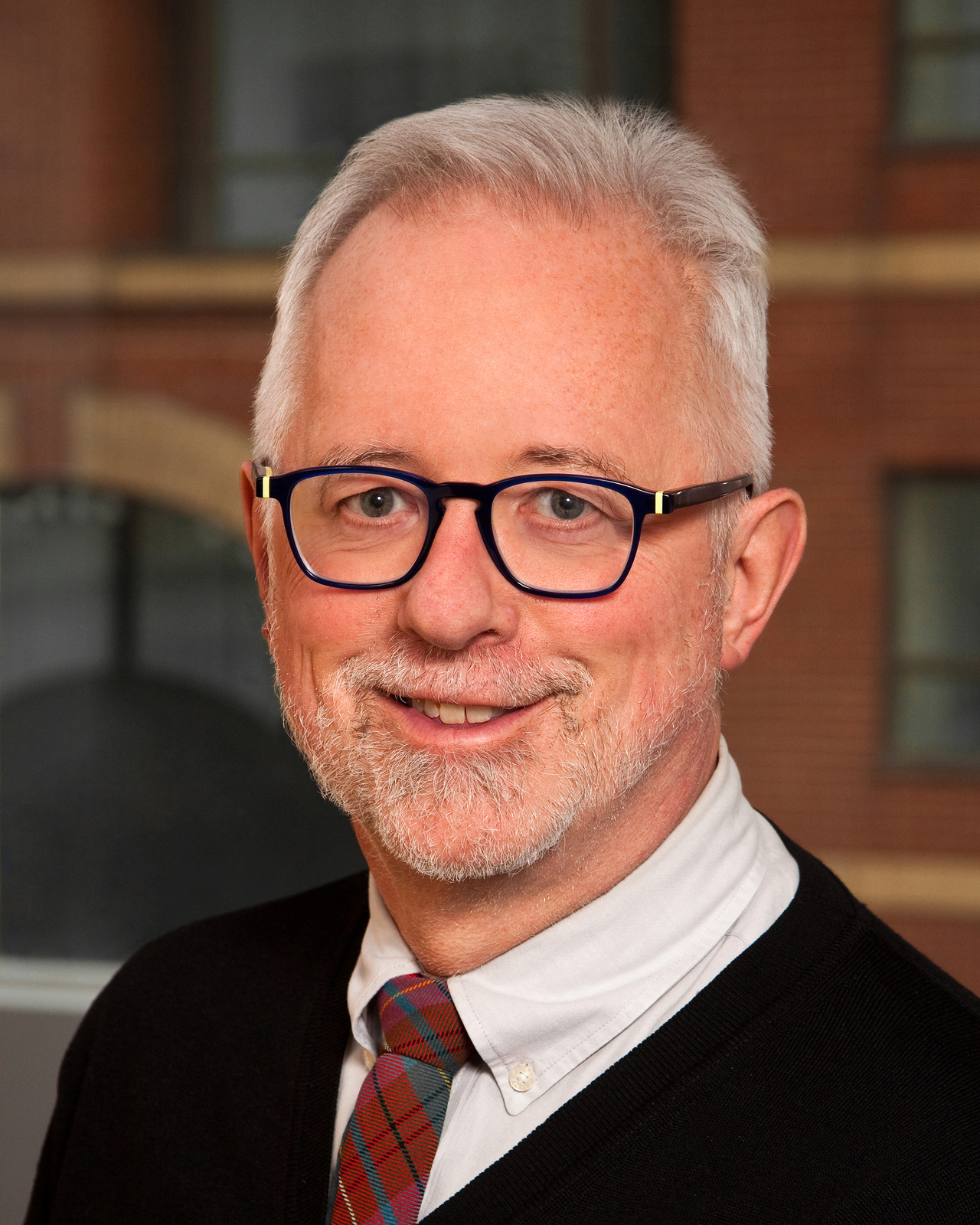
Dr Kenneth Rockwood is a professor of medicine (geriatric medicine and neurology) at Dalhousie and an active staff physician at the Queen Elizabeth II Health Sciences Centre. He is also the Dalhousie Medical Research Foundation Kathryn Allen Weldon Professor of Alzheimer Research at Dalhousie University. A native of Newfoundland, he received his MD from Memorial University, and completed internal medicine training at the University of Alberta and geriatric medicine at Dalhousie University. He is Senior Medical Director for Acute Care for the province of Nova Scotia.
A leading authority on frailty, Dr Rockwood has more than 450 peer-reviewed publications and nine books to his credit, including the eighth edition of Brocklehurst’s Textbook of Geriatric Medicine & Gerontology. He is Associate Director of the Canadian Collaboration on Neurodegeneration in Aging, and leads its Quality of Life theme, and Knowledge Translation platform.
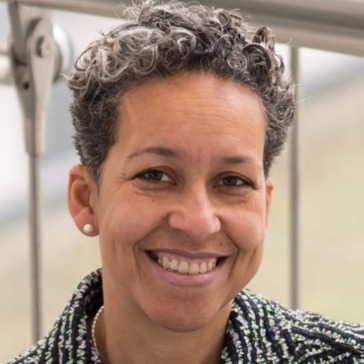 Avan Sayer, PhD
Avan Sayer, PhD
Avan Aihie Sayer is the William Leech Professor of Geriatric Medicine at Newcastle University UK, and Director of the National Institute for Health Research Newcastle Biomedical Research Centre. She is also an Honorary Consultant in Geriatric Medicine at the Newcastle upon Tyne Hospitals NHS Foundation Trust. She leads research on sarcopenia, frailty and multimorbidity focusing on how to translate understanding about mechanisms into improved diagnosis, treatment and prevention across the life course. An important remit is capacity building in this exciting field.
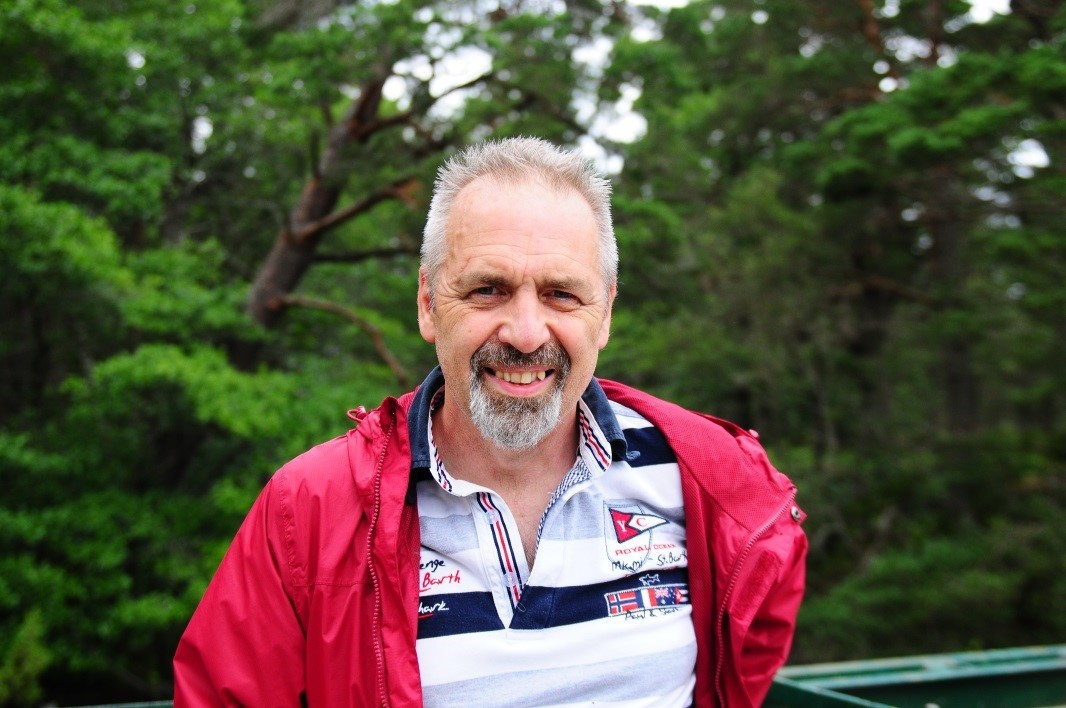 John Speakman, PhD
John Speakman, PhD
John Speakman obtained his PhD at the University of Stirling, Scotland in 1984 and immediately afterwards went to the University of Aberdeen, Scotland, where he was successively a lecturer, senior lecturer, reader and ultimately made Professor in 1997. Between 2007 and 2011 he was Director of the Institute of Biological and Environmental Sciences. In 2011 he took up a position as a 1000 Talents ‘A’ Professor at the Chinese Academy of Sciences Institute of Genetics and Developmental Biology in Beijing. His research primarily concerns the causes and consequences of inter-individual variation in energy expenditure, including impacts of calorie restriction. He has published over 500 peer reviewed scientific papers, including 11 times in Nature and Science and twice on the cover of Nature. He has been awarded several international prizes including the Zoological Society of London scientific medal, and the Royal Society of Edinburgh/Saltire Society Scottish Science Medal. In 2016 he was the first Briton to be awarded the Chinese Academy of Sciences prize for international co-operation. In 2018 he was elected a Fellow of the Royal Society (FRS). He is on the board of reviewing editors at Science.
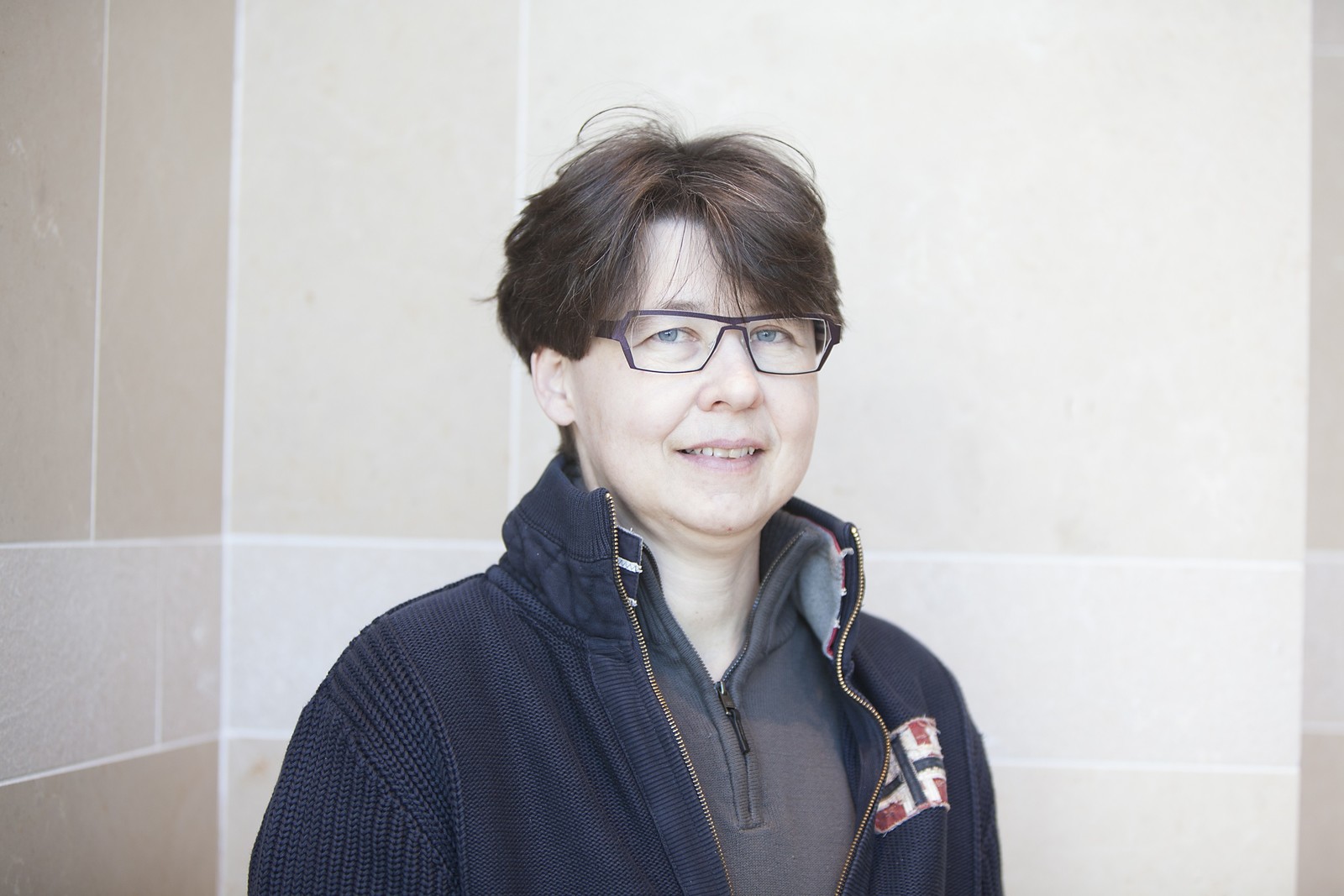 Anne-Ulrike Trendelenburg, PhD
Anne-Ulrike Trendelenburg, PhD
Anne-Ulrike is Director and leads the Cambridge (US) home of the Musculosekeletal Dieases Area (MSD) at the Novartis Institutes for Biomedical Research (NIBR). She studied Pharmacy at the University of Freiburg in Germany where she also obtained her PhD in Pharmacology and Toxicology and followed with a position as Assistant Scientist and Lecturer. In 2001, she obtained her state doctorate and the “venia legendi” in Pharmacology and Toxicology.
In 2001, she joined Novartis Research (later named NIBR), first in the Ophthalmology Disease Area (DA) as labhead, later promoted to Scientific Expert Pharmacology/KTC in 2002 and to Unit Head Target and Lead Discovery.
In 2005, she joined the newly formed Muscle Research within MSD, was heavily involved in their build-up and relocated to NIBR to lead the MSD US group, now called MSD Cambridge home in 2011.
At Novartis, she has been leading Research Units, managed project teams as well as internal and external collaborations, represented the DA in Councils, International Project Teams (IPT) and cross-functional boards. She explored muscle ageing, atrophy and hypertrophy pathways, including myostatin and cytokine signaling pursued in various target identification and drug discovery projects. One major focus of her recent research are mechanisms of impaired muscle regeneration in age-related conditions, particularly sarcopenia, frailty and cellular senescence. She represented Novartis in the Endostem consortium from 2011-2015 and lead the WG1 of the COST action MouseAge from 2015-2018.
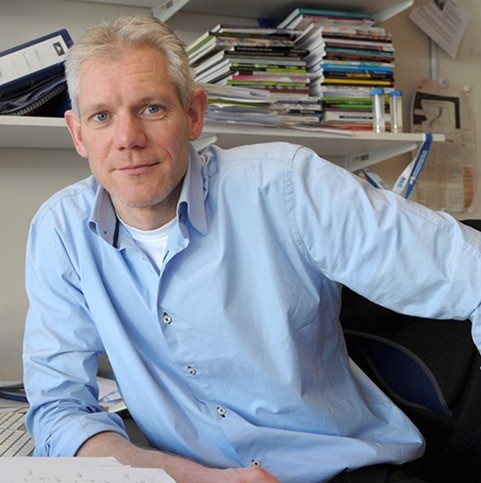 Bart van de Sluis, PhD
Bart van de Sluis, PhD
Dr Bart van de Sluis graduated in Biology from the Utrecht University, the Netherlands. In 1998, he was appointed as a PhD student at the Department of Human Genetics at the Utrecht University, the Netherlands, under the supervision of Prof dr Cisca Wijmenga. He received his PhD degree (cum laude, highest distinction in the Netherlands) in 2002 on the basis of the identification of a copper toxicosis gene (COMMD1, previously known as MURR1) in Bedlington terriers. As a post-doctoral fellow, he continued his scientific career in the lab of Dr Paul Liu at the Genetics and Molecular Biology Branch at the National Human Genome Research Institute (NIH, Bethesda, USA). He worked on a project to identify novel players in leukemogenesis and hematopoiesis. Mid-2004, he returned back to Utrecht as a post-doc on a joined project of dr L Klomp and Prof dr C Wijmenga. He characterized a Commd1 knockout mouse, which he generated in the lab of Dr Paul Liu at NIH. In March 2008, he moved to Groningen to set up his own research group to further understand the molecular regulation of lipid metabolism, and how inflammation is kept under control, with the focus on the NF-kB signaling pathway. He is using cellular and mouse models to study these different processes in great detail. In addition, he runs a mouse transgenic mouse facility at the RUG/UMCG to generate new mouse models using different approaches, such as the CRISPR/Cas9 methodology. In recent years, he has been awarded with several grants, including a Dutch NWO-ALW grant, and participates as a PI in a Dutch and European consortia.
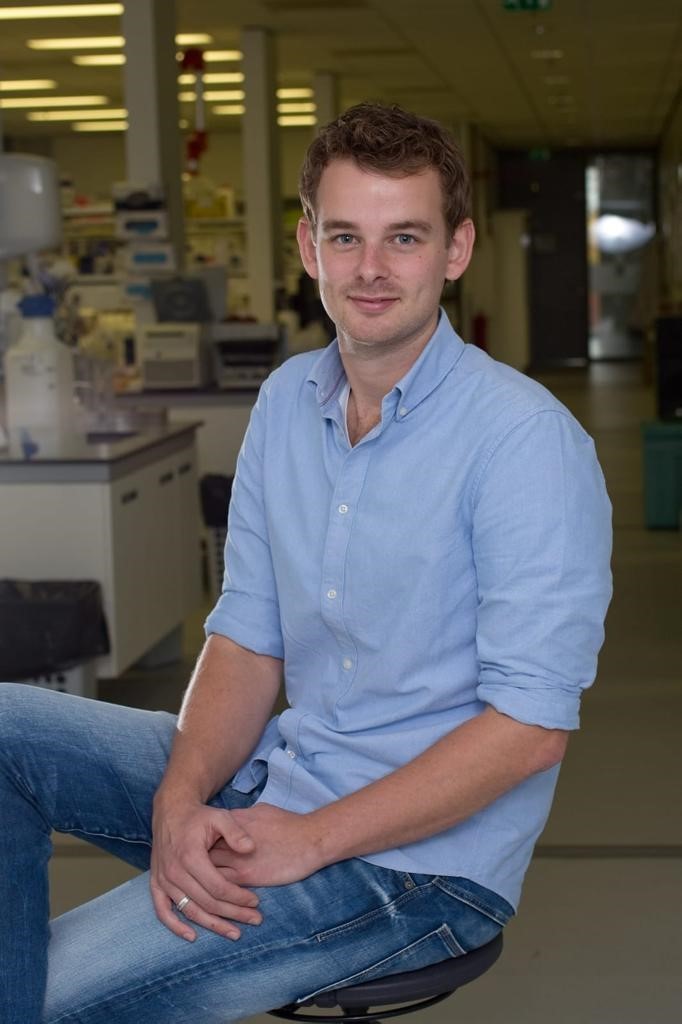 Thijmen van Vliet
Thijmen van Vliet
After his bachelor degree in Biology Thijmen was selected for the Top master program Medical and Pharmaceutical Drug Innovation at the University of Groningen, The Netherlands which he completed Cum Laude. In 2016 he obtained a scholarship from the University of Groningen to start his PhD at the European Research Institute for the Biology of Aging (ERIBA) in the laboratory of Cellular Senescence and Age-related Pathologies headed by Dr Marco Demaria. Here he is working on the effects of physiological oxygen on cellular senescence.
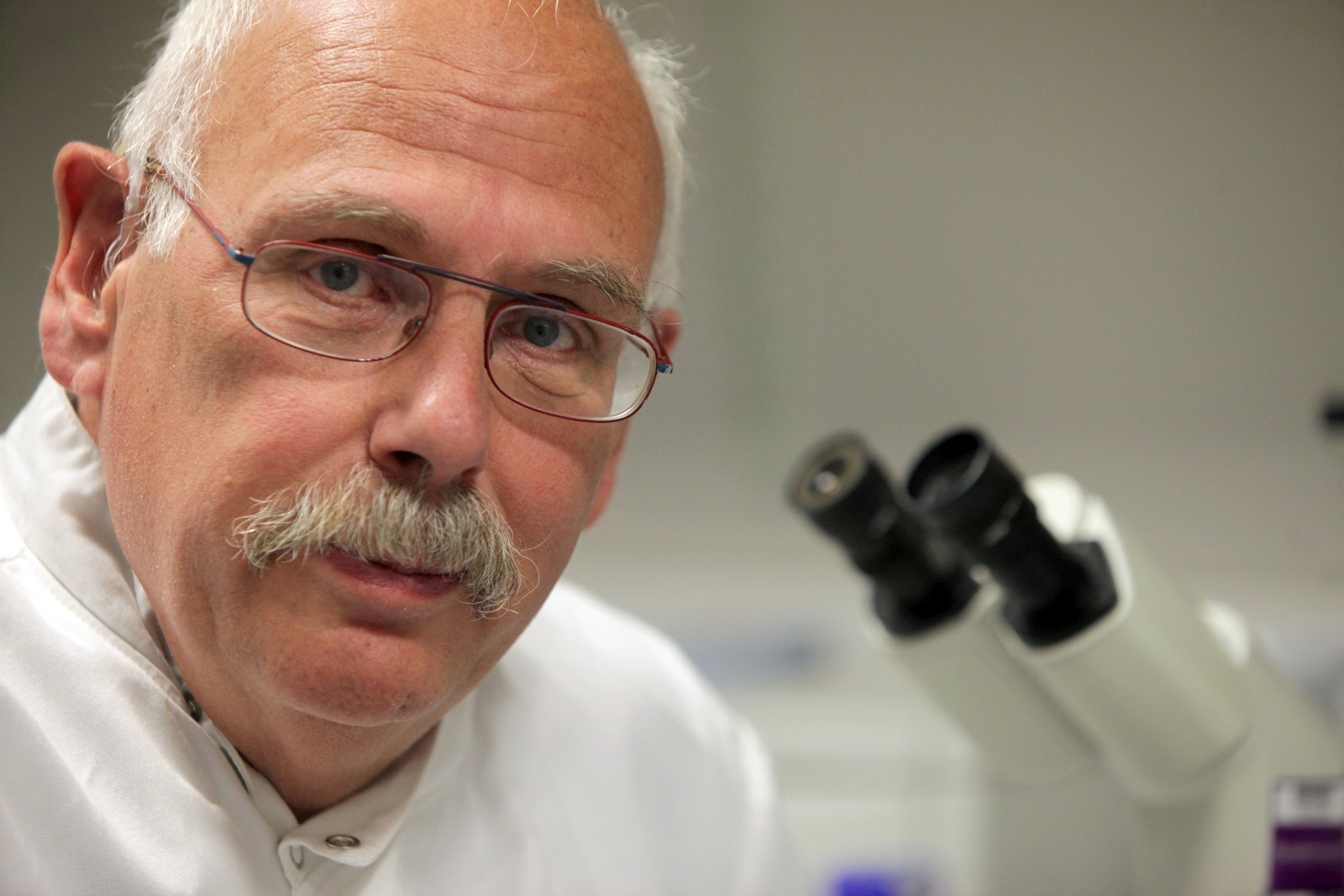 Thomas von Zglinicki, PhD
Thomas von Zglinicki, PhD
Professor von Zglinicki is a founding member of the basic biology branch of the Newcastle Ageing Institute and its presently scientific director. His principal research interest is in understanding the cellular and molecular signaling pathways connecting DNA damage responses (specifically emanating from dysfunctional telomeres) with mitochondrial function and metabolism, thus causing and maintaining cell senescence, and how these contribute to organism ageing. He was the first to discover oxidative stress and resulting DNA damage as a major cause of telomere shortening and to propose telomere length as a biomarker of ageing in humans. Professor von Zglinicki chaired the 2004 Gordon Research Conference on Biology of Aging. He chairs the Scientific Advisory Board (SAB) of the Leibniz Institute for Environmental Medicine Dusseldorf (Germany) and is a member of the Mayo Clinic Robert and Arlene Kogod Center on Aging SAB. He is a Trustee of the Seneca Award for Ageing Research of the Industry Club Dusseldorf and serves on the editorial boards of Aging Cell, Aging (Albany) and other journals in the field. He has published over 200 papers on cell and molecular biology of ageing, resulting in an h-index of 74.
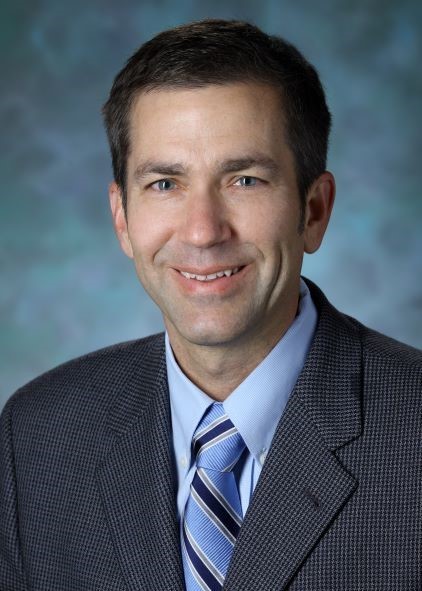 Jeremy Walston, MD
Jeremy Walston, MD
Jeremy D Walston is the Raymond and Anna Lublin Professor of Geriatric Medicine in the Division of Geriatric Medicine and Gerontology at Johns Hopkins and the Principal Investigator of the Johns Hopkins Older Americans Independence Center (OAIC). His training in Geriatric Medicine included an intensive basic laboratory component focused on the use of basic molecular and genetic approaches to study complex disease. Working with interdisciplinary teams, he helped to identify one of the first gene variants known to contribute to obesity and type 2 diabetes mellitus, helped to develop the most widely used measurement of frailty in older adults, and identified several novel biological factors related to aging that impact health in older adults. His most recent efforts have focused on understanding the biological basis of resiliency in older adults, and on the biological basis muscle decline in older adults. Dr Walston has co-authored more than 225 peer-reviewed publications, including publications in the New England Journal of Medicine, the Proceedings of the National Academy of Science, and the Journal of Gerontology. He is the American Editor of the 3rd Edition of the Oxford Textbook of Geriatric Medicine (2018). In addition to his role as the leader of the OAIC and several other NIH and foundation awards, he maintains an active clinical practice in Geriatric Medicine, co-directs the Biology of Healthy Aging Program at Johns Hopkins, and is Deputy Director of the Division of Geriatric Medicine and Gerontology at the Johns Hopkins School of Medicine. He is actively working to develop a Johns Hopkins based Institute for a Long and Healthy Life.
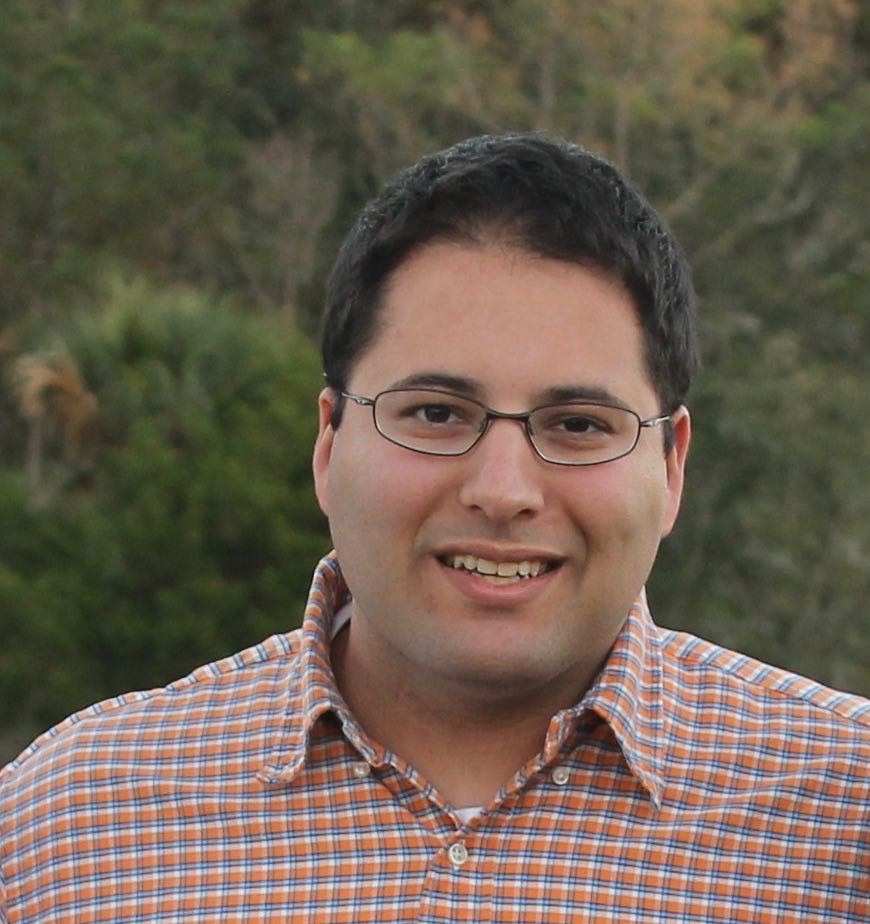 Matt Yousefzadeh, PhD
Matt Yousefzadeh, PhD
Matt Yousefzadeh, PhD, is a postdoctoral fellow at the Institute on the Biology of Aging and Metabolism at the University of Minnesota. He received PhD from The University of Texas MD Anderson Cancer Center where he studied the role of specialized DNA polymerases in cancer and immunological diversity. He joined the laboratory of Laura Niedernhofer for his postdoctoral fellowship where he studies the mechanisms by which endogenous DNA damage drives aging.
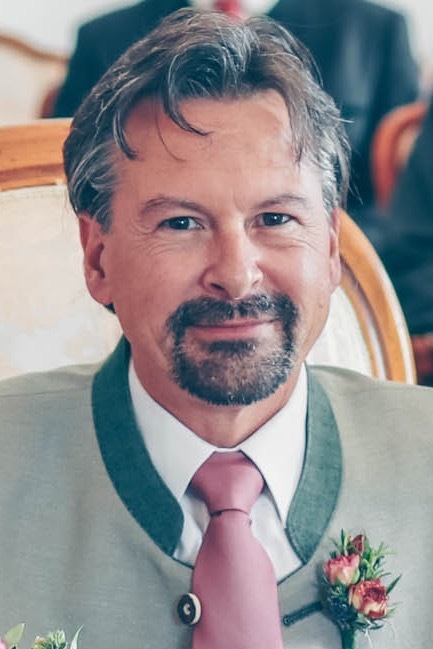 Johannes Attems, PhD
Johannes Attems, PhD
Johannes Attems' research interest is neurodegenerative diseases of the ageing brain with a focus on clinico-neuropathological correlative studies. Despite the categorisation of age associated neurodegenerative diseases into specific subtypes, such as Alzheimer's disease and Lewy body diseases, it becomes more and more apparent that the ageing brain is characterised by the presence of multiple pathologies. Hence, JA aims to improve the neuropathological assessment of this cerebral multimorbidity (eg by employing fully automated quantitative assessment of neuropathological lesions) to evaluate the combined influence of various morbidities on the clinical picture as this might lead to the identification of new disease subtypes and thereby to the development of novel therapeutic strategies against age associated neurodegeneration.
JA is Professor of Neuropathology at Newcastle University, Honorary Consultant Pathologist at Royal Victoria Infirmary, Newcastle and Director of the Newcastle Brain Tissue Resource and of the Alzheimer's Research UK Network Centre Newcastle. He is Editor in Chief of Acta Neuropathologica and leads the Neurodegenerative Pathology Research Groups, since 2003 he has published over 200 scientific articles, which were cited over 7500 times and his h-index is 52 (April 2019).
See: http://research.ncl.ac.uk/ndprg/
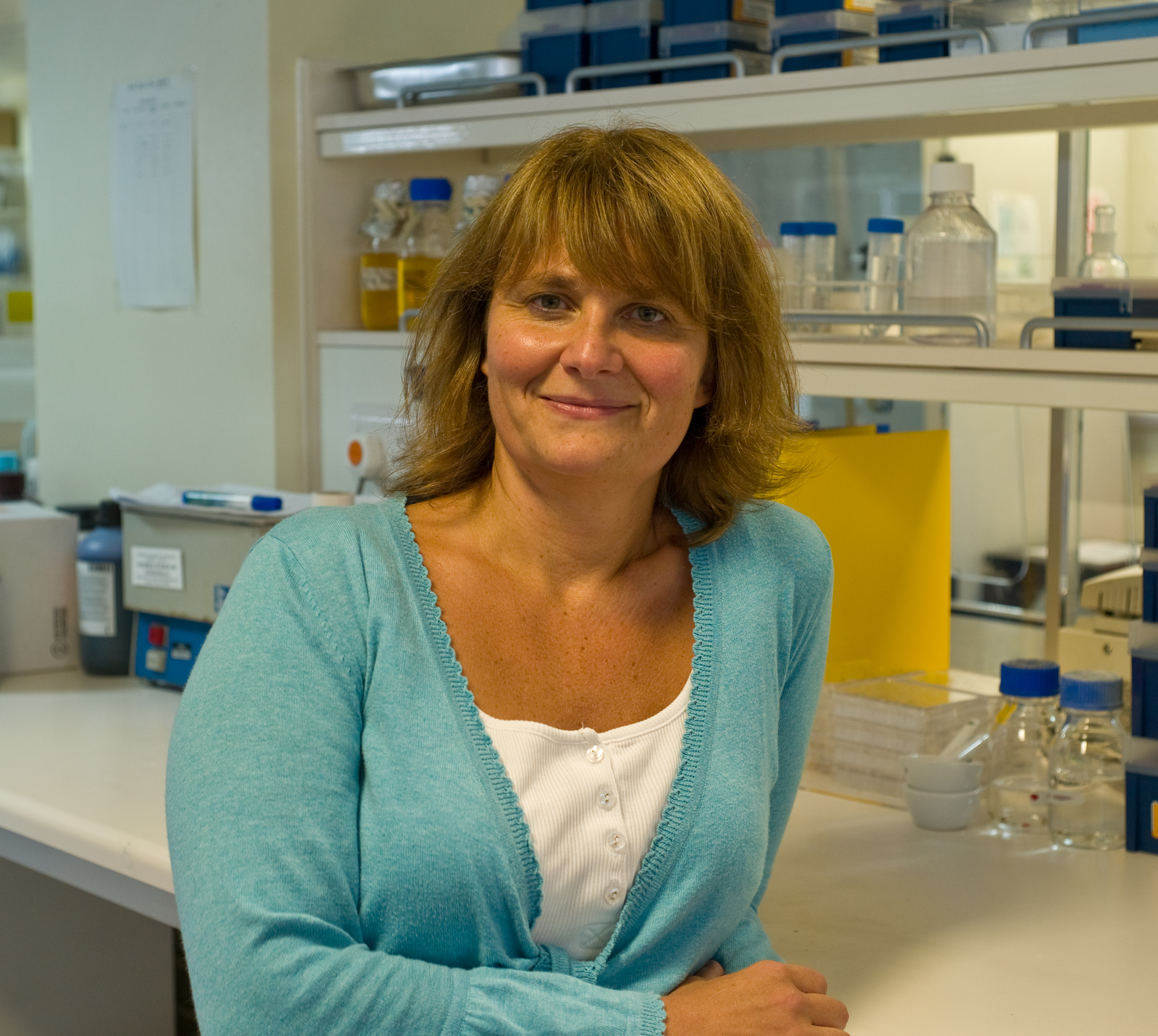 Ilaria Bellantuono, MD, PhD
Ilaria Bellantuono, MD, PhD
Ilaria Bellantuono is Professor of Musculoskeletal Ageing and Co-Director of the Healthy Lifespan Institute, bringing together over 120 academics from 4 different faculties to deliver new integrated interventions targeting multimorbidity and frailty. Her research interests are in drug interventions targeting ageing to prevent multimorbidity and boosts resilience in older people. She led the COST Action MouseAge, a Horizon 2020 funded programme including over 200 scientists from 25 European countries, both from academia and industry. Their roadmap has provided European consensus on best practise and the way forward for preclinical testing of geroprotectors in mouse models of ageing and age-related diseases and their speedy translation to the clinic. She has been Director of Research for the department of Oncology and Metabolism (2017-2019) and still lead Skelet.AL, a facility providing state-of-the art approaches for the analysis of bone.
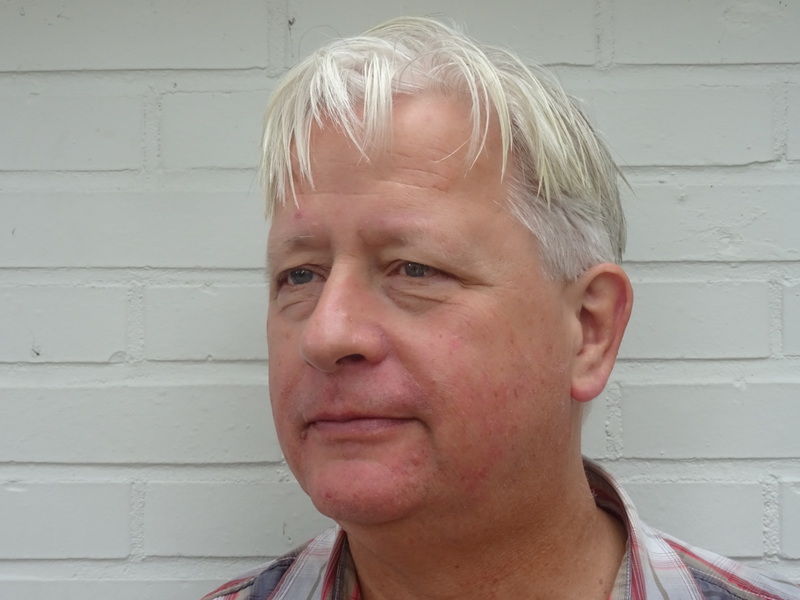 Erik Boddeke, PhD
Erik Boddeke, PhD
Dr Erik Boddeke is Professor of Medical Physiology/Neurophysiology at the department of Neuroscience at the University of Groningen/University Medical Center Groningen, The Netherlands. He finished his PhD thesis at the Department of Pharmacology at the University of Amsterdam. During 1988-1996 he was the laboratory head and group leader Neuro-immunology at Sandoz, in Basel Switzerland. From 1996-1998 he was Vice Head of the Department of Neuro-genetics at Novartis Research in Basel Switzerland. In 1998 he became Professor of Physiology at the Medical Physiology department at the University Medical Center in Groningen (UMCG). As from 1998 till today he is Professor of Physiology at the Department of Neuroscience at the UMCG and Professor of Medical Biology at the Department of Molecular Neuroscience at the Faculty of Sciences at the University of Groningen.
He is specialized in molecular physiology of microglia related to brain ageing and neurodegenerative disease. He also is Dean of Research of the University Medical Center Groningen.
 Sophia de Rooij, MD, PhD
Sophia de Rooij, MD, PhD
Sophia E.J.A. de Rooij is Professor in Internal Medicine, specialized in Geriatric Medicine. She was trained as geriatrician (2000) and as internist (2002). In 2002 she set up the department of Geriatrics and her research group focusing on acute hospitalization in older people in the Academic Medical Center, Amsterdam, The Netherlands. In 2013 she became Professor of Medicine at the University of Amsterdam and in 2015 at the University of Groningen.
From 2014 till 2019 she was head of the University Centre for Geriatric Medicine and Deputy Head of the Department of Internal Medicine at the University Medical Center Groningen, University of Groningen, the EU reference site for Healthy Ageing. She is strongly dedicated to improve patient care for the most vulnerable patients by combining research and clinical practice with a focus on innovative health care projects in acutely admitted elderly hospital patients. Sophia was, amongst others, the initiator and coordinator of the Dutch Transitional Care Bridge and of the nationwide Hospital @ Home care program, see www.hospitalathome.nl. Since 2019 she has combined her research activities with the position of CEO of the Medical Spectrum Twente, a large teaching hospital at three sites in the Eastern part of the Netherlands. This change of career was based on her sense of urgency to combine gained insights as a doctor, researcher, manager and trainer and to put them in to practice.
Sophia’s UMCG research concerns collecting evidence based knowledge about ageing of the brain and the main mechanisms involved in delirium & in impaired functional trajectories; and translation of healthy ageing and prevention principles into deliverables ready to apply in daily clinical practice [see www.deliriumexperience.nl].
She has mentored >30 PhD students, >20 masters students; trained >20 fellows in geriatric medicine and [co-]authored >240 peer reviewed articles and 6 books.
She is past president of the Dutch Society of Internal Medicine, and is currently a member of the Dutch Quality council of the Dutch National Institute of Care and member of the supervisory board of Nivel.
 Georgina Ellison-Hughes, PhD
Georgina Ellison-Hughes, PhD
Georgina Ellison-Hughes is Professor of Regenerative Physiology in the School of Basic & Medical Biosciences, Faculty of Life Sciences & Medicine, King’s College London, UK. Her research focuses on understanding the role of tissue-specific stem/progenitor cells in the homeostasis and regeneration of striated (skeletal and cardiac) muscle, for repair and maintenance of muscle tissue, particularly preventing and treating a loss of muscle mass (i.e. with ageing and/or disease). The findings are directly transferrable to the treatment of cardiovascular disease/failure, muscular dystrophy and age-related diseases. Her efforts have been at the forefront of pioneering research on adult-derived cardiac stem/progenitor cells and have made a seminal contribution in the paradigm shifting work to establish the adult heart as a self-renewing organ with regenerative capacity. She has extensive expertise in cardiac- and skeletal muscle-derived stem cell biology and regeneration, including the development of novel pre-clinical animal (including large animal) models of muscle damage-regeneration. Georgina has made highly impactful contributions to the field establishing a world-leading track record with publications in journals, such as Cell, JACC, EHJ, Circ Res, Nature Protocols.
She is the academic lead for Development, Diversity & Inclusion (DD&I) within the School of Basic & Medical Biosciences covering Athena SWAN, Race Equality Charter and Stonewall. In this role she champions and embeds talent development, equality, diversity and inclusion principles and processes, fostering an inclusive community, environment and culture.
She is Associate Editor of Scientific Reports and BMC Molecular and Cell Biology. She was recipient of a Scholarship for academic excellence from the British Federation of Women Graduates (2003) and the Young Investigator of the Year (2005) at the European College of Sports Sciences (ECSS). She was recognised as one of Best of British Early Career Researchers at the House of Commons (2007).
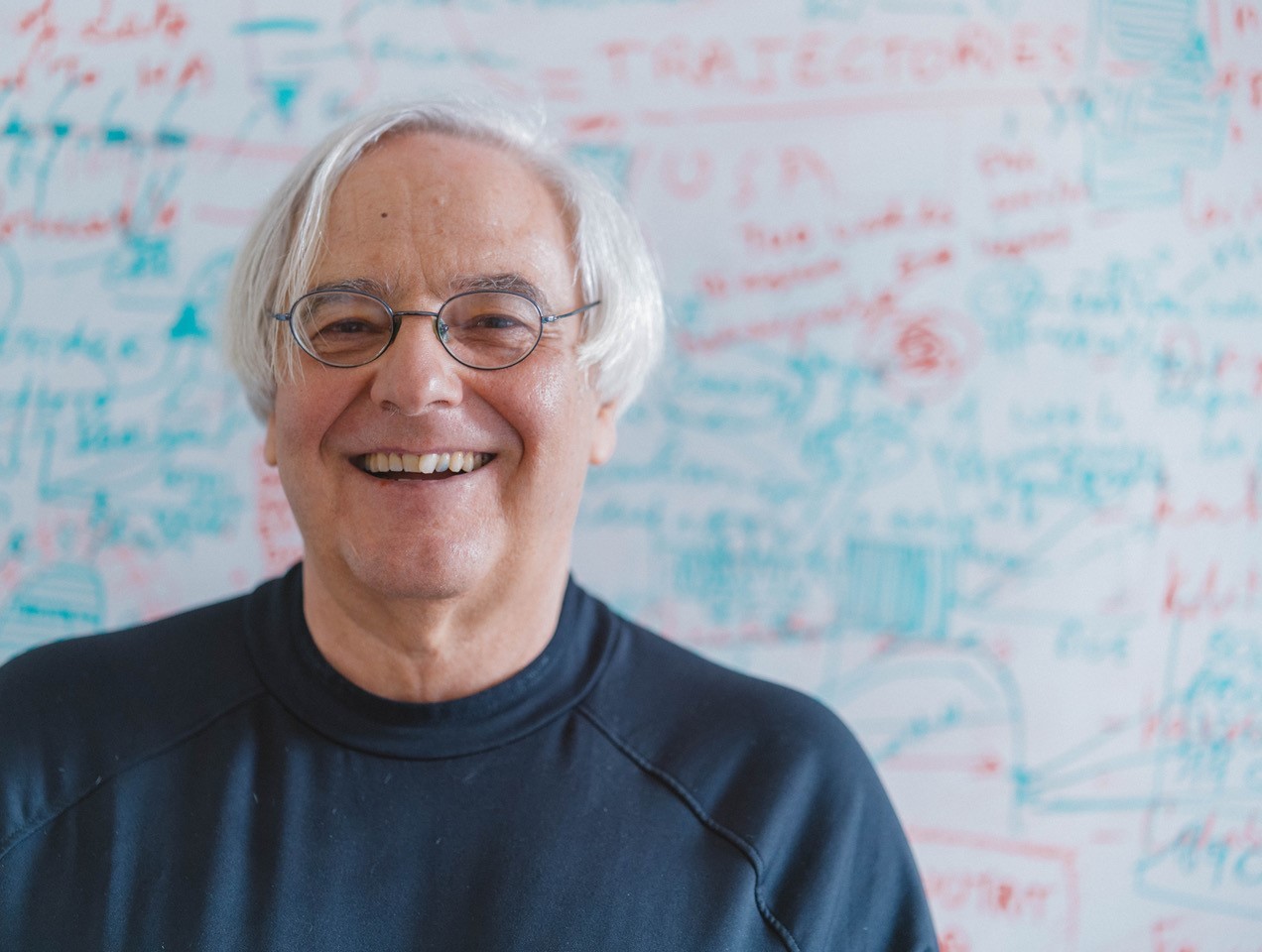 Claudio Franceschi, MD
Claudio Franceschi, MD
MD cum laude (1967) at Alma Mater Studiorum University of Bologna (UNIBO), Italy. Full Professor of Immunology at the Universities of Padua (1980-86), Modena (1986-1998) and UNIBO (1998-2019). At present Professor Emeritus at UNIBO, and Associate Member of the Institute of Neurological Sciences of Bologna, Italy. Founder/Director of the Interdepartmental Center for Studies on Bioinformatics and Biocomplexity "L. Galvani", UNIBO (2001-2006; 2012). Director of the Dept of Exp Pathol, UNIBO (2010-2012). Scientific Director of Italian National Research Center for Aging (INRCA) (1996-2005).
PUBLICATIONS: about 800 papers on peer reviewed journals (58.586 citations, h-index: 116, Google Scholar July 2019). MAJOR RESEARCH ACHIEVEMENTS: i) discovery of the most important characteristics of immunosenescence in humans; ii) the “inflammaging” theory of aging; iii) pioneering studies on: immune response and stress throughout evolution; genetics, epigenetics, metabolomics, metagenomics, glycomics of human longevity (centenarians); nuclear genes and mtDNA polymorphisms associated to human longevity, Alzheimer and T2Dt; new biomarkers of aging (gut microbiome; N-glycans; DNA methylation; inflamma-miRs; metabolomic and lipidomic markers); mathematical modeling of the immune system and proteasome.
JOURNALS: Editor-in-Chief of Ageing Research Review (IF 2018:10.390); member to editorial boards of: Aging Clin. Exp. Res.; Exp. Gerontol.; Mech. Ageing Dev.; AGING (USA); Aging Cell. GRANTS: Coordinator of European large collaborative projects: PROPAG-AGING (Aging and Parkinson disease, 2015-2019); ADAGE (Alzheimer disease; 2016-2019); NUAGE (MedDiet for elderly, 2011-2016); 4. GEHA (GEnetics of Heathy Aging, 2004-2010). PI OF THE MEGAGRANT “DPM-AGEING” Digital Personalized Medicine of Healthy Ageing (2018-2020) funded by Government of Russian Federation at State National Research University "Lobachevsky” of Nizhny Novgorod, Russia”. Partner/WP leader of EU projects: PROTEOMAGE; RISTOMED; MARK-AGE; MYOAGE; IDEAL; COBRA; MISSION-T2D; HUMAN; MYNEWGUT.
 Shahrukh Hashmi, MD MPH
Shahrukh Hashmi, MD MPH
Dr Hashmi is currently faculty at Mayo Clinic, Minnesota, USA, and at the King Faisal Specialist Hospital (KFSHRC) in Riyadh, KSA. He is also an Associate Professor of Medicine at Alfaisal University in Riyadh, KSA. He graduated in 2000 from Pakistan receiving the President of Pakistan’s Gold Medal for the best medical graduate and went on to do his Internal Medicine Residency at Yale-Griffin Hospital in Connecticut, USA. He then completed his Master’s in Public Health at Yale University, Connecticut, USA. Afterward, he completed hematology-oncology & stem cell transplant fellowship at the Strong Memorial Hospital, University of Rochester, New York, USA. He joined Mayo Clinic faculty in 2012 as the Director of the Long-Term-Follow-Up program within the Blood and Marrow Transplant Division. He joined KFSHRC in 2016 and is currently the Director of their LTFU Clinic. In 2019, he assumed the responsibility of Chair of the Clinical Research Department at KFSHRC. He is an international authority on Graft-versus-host-disease and in BMT survivorship with greater than 130 publications in peer-reviewed journals. He is Diplomat of the American Board of Hematology, American Board of Public Health, and American Board of Internal Medicine. Besides institutional leadership, his selected national or international accomplishments are as below:
Co-chair, Health Services and International Studies, Center for International Blood and Marrow Transplantation (CIBMTR), Milwaukee, Wisconsin – 2018
Member, Nuclear Accident Committee (NAC), The European Society for Blood and Marrow Transplantation (EBMT) – 2019
Chair, Survivorship Special Interest Group, American Society for Blood and Marrow Transplantation (ASBMT), Chicago, Illinois - 2016
Member, Founding & Steering Committee, National Institutes of Health (NHLBI and NCI), BMT Late Effects Initiative, Bethesda, Maryland - 2015
Member, Diversity and Health Disparities Group, National Marrow Donor Program, Minneapolis, Minnesota, 2014
Member, CIBMTR Advisory Council, Milwaukee, Wisconsin – 2018
 Tom Kirkwood CBE FMedSci FRCP Edin
Tom Kirkwood CBE FMedSci FRCP Edin
Tom Kirkwood is Professor Emeritus at Newcastle University, where he directed the Institute for Ageing and Health and later served as Associate Dean for Ageing. He is also Affiliate Professor at the University of Copenhagen. He has led major programmes of research on the mechanisms of ageing and on the complex factors influencing trajectories of health in old age, including the Newcastle 85+ Study. His books include the award-winning ‘Time of Our Lives: The Science of Human Ageing’, ‘Chance, Development and Ageing’ (with Caleb Finch), ‘The End of Age’ based on his 2001 BBC Reith Lectures, and ‘An Age of Wonders: the Story of the Newcastle 85+ Study’ (with Gordon Morris).
 Folkert Kuipers, PhD
Folkert Kuipers, PhD
Dr Kuipers is Professor of Pediatrics and head of the Laboratory of Pediatrics at the University Medical Center Groningen (UMCG), Groningen, The Netherlands.
From September 2008 - March 2016 he served as Dean of the Faculty of Medical Sciences and Vice-Chairman of the Board of Directors of the UMCG. H e studied biology/biochemistry at the University of Groningen and received his PhD degree in the Faculty of Medical Sciences, University of Groningen. His research program deals with regulation and development of lipid and cholesterol metabolism and transport in liver and intestine and with the interactions between carbohydrate and lipid metabolism in metabolic disorders associated with obesity and ageing. He is one of the initiators of the Alliance for Healthy Aging, a transatlantic network organization. He is (co-)author of >300 peer-reviewed publications and has supervised >25 PhD theses. He served, amongst others, as member of the Scientific Committees of the European Association for the Study of Liver Diseases (EASL), the European Lipoprotein Club (ELC) and the Dutch Atherosclerosis Society (DAS). Currently, he is a member of the Dutch Permanent National Committee Large Research Infrastructure and of the External Advisory Boards of the Pasteur Institute in Lille (France) and the Robert & Arlene Kogod Center for Aging Research at the Mayo Clinic (Rochester, MA, USA).
 Joao Malva, PhD
Joao Malva, PhD
Joao Malva is a Neuroscientist with a PhD in Cell Biology and is Research Coordinator at the Faculty of Medicine of the University of Coimbra. He is a member of the Board of Directors of the Reference Site Collaborative Network and Coordinator of the Regional Consortium Ageing@Coimbra, Reference Site of the European Innovation Partnership on Active and Healthy Ageing. He has co-ordinated several EU funded projects, including the H2020 ERA Chair (ERA@UC), H2020 Teaming MIA-Portugal and the EIT Health-funded European PhD School Ageing@EITHealth_Brain. He is past-President of the Portuguese Society for Neuroscience (2007-2011), full member of EDAB (European DANA Alliance for the Brain), has published near 120 scientific peer-reviewed manuscripts, several book chapters, including editor of "Interaction Between Neurons and Glia in Ageing and Disease - Springer". He was cited more than 3500 times, h factor 36, in the area of brain ageing and brain repair. His research activity has been focused on Neuroscience with relevant contributions in areas such as neuroprotection, neuroinflammation and neurogenesis in brain repair.
 Anne McArdle, PhD
Anne McArdle, PhD
Professor McArdle graduated with a BSc (Hons) in Biochemistry from the University of Liverpool in 1988 and completed a PhD in the Department of Medicine in 1993. Anne undertook postdoctoral training at the Institute of Gerontology at the University of Michigan and was awarded a Research into Ageing Queen Elizabeth the Queen Mother Fellowship in 1998 to examine the mechanisms by which the age-related failure of muscle to adapt to contractions resulted in sarcopenia. Anne was appointed as Lecturer at the University of Liverpool in 2001 and as Professor in the Faculty of Health and Life Sciences at the University of Liverpool in 2007. Anne is currently cross – faculty theme lead at the University of Liverpool for Ageing Resilience, bringing together basic, social and clinical scientists together with engineers and other experts to tackle the major challenges of healthy ageing.
Anne was Chair of the British Society for Research on Ageing and the British Council for Ageing. She is an active member of the American Physiological Society and the UK Physiological Society and Biochemical Society. Previously Anne was International Advisor on the Environmental & Exercise Physiology Committee of the American Physiological Society and is currently Associate Editor for Physiological Reports.
Anne’s research interests focus on age-related skeletal muscle dysfunction and the development of frailty. In particular, the adaptive responses in muscle during exercise and the effect of a failure of these systems during ageing and other disorders. Her work has made key observations in this area of research. Thus, Anne has considerable experience of cell and molecular biological studies at the sub-cellular level through to physiological analysis of muscle function in a number of model systems including cell culture, animal models and in humans. Her work is funded by the National Institutes of Health (USA), MRC, BBSRC and AgeUK.
 Lene Rasmussen, PhD
Lene Rasmussen, PhD
Dr Lene Rasmussen is Professor at the University of Copenhagen and Executive Director of the interdisciplinary aging center, Center for Healthy Aging, residing within the faculty of Health and Medical Sciences. Her research aims to unravel the complex molecular basics of aging and the development of aging associated diseases. Within this context, her research group focuses on the molecular understanding of mitochondrial dysfunction and how cells achieve to preserve mitochondrial and nuclear DNA integrity as well as DNA repair.
http:// http://healthyaging.ku.dk; https://icmm.ku.dk/english/research-groups/juel-rasmussen-group/

